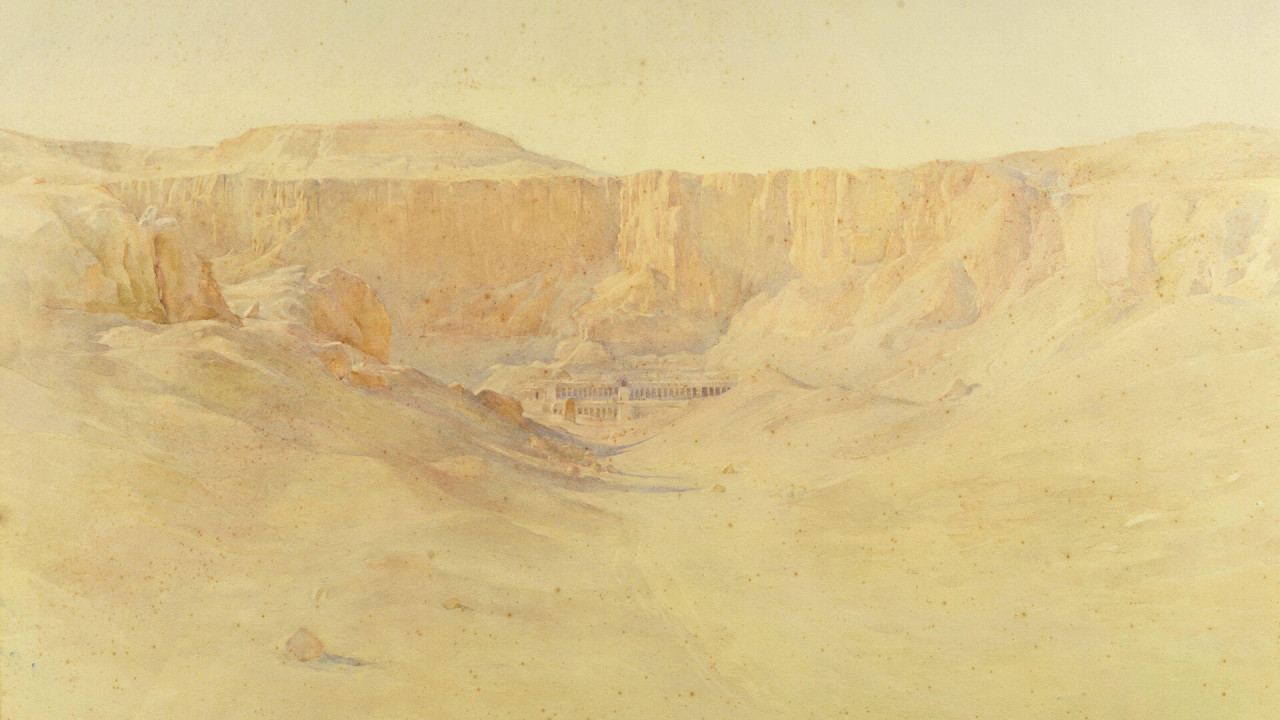
We would be remiss if digitalEPIGRAPHY did not commemorate Howard Carter in some way on the 100th anniversary of discovering the tomb of Tutankhamun, one of the most important milestones in the history of both Egypt and Egyptology. The next...
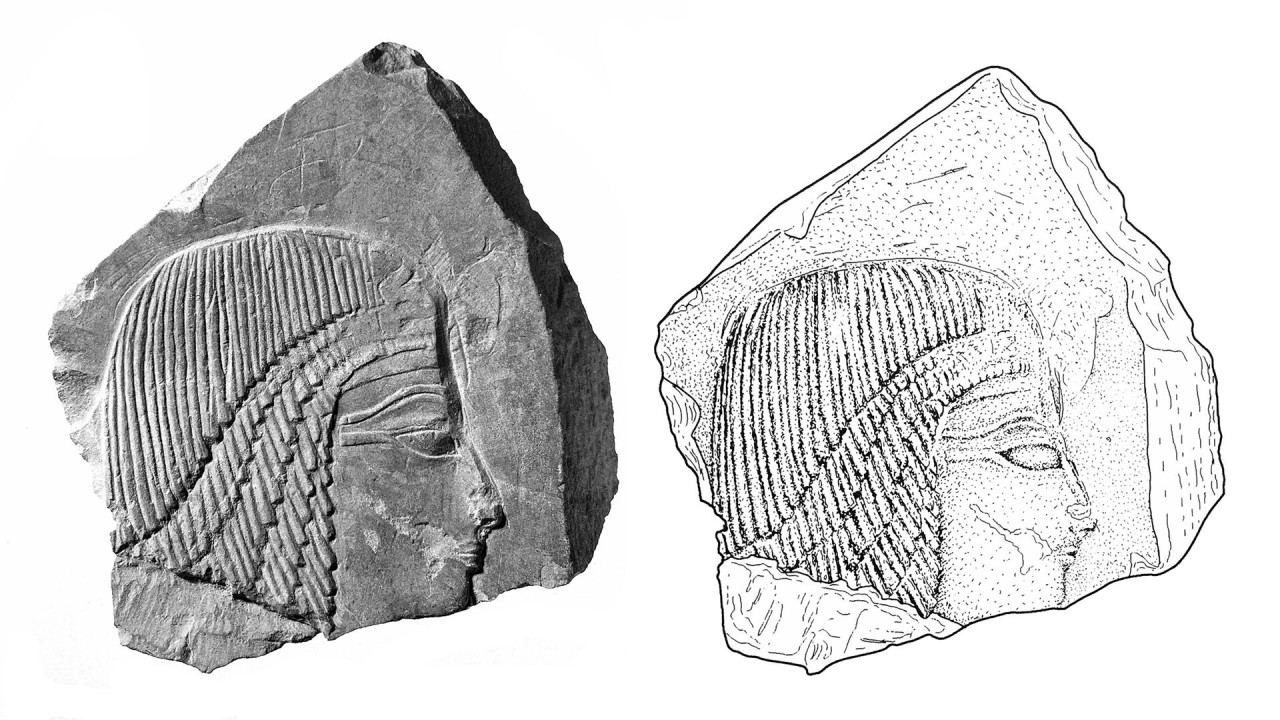
The Swiss archaeological mission "MISR: Mission Siptah-Ramses X." excavated the tombs of Siptah (KV 47) and Ramses X (KV 18) and their immediate surrounding areas between 1998 and 2005.
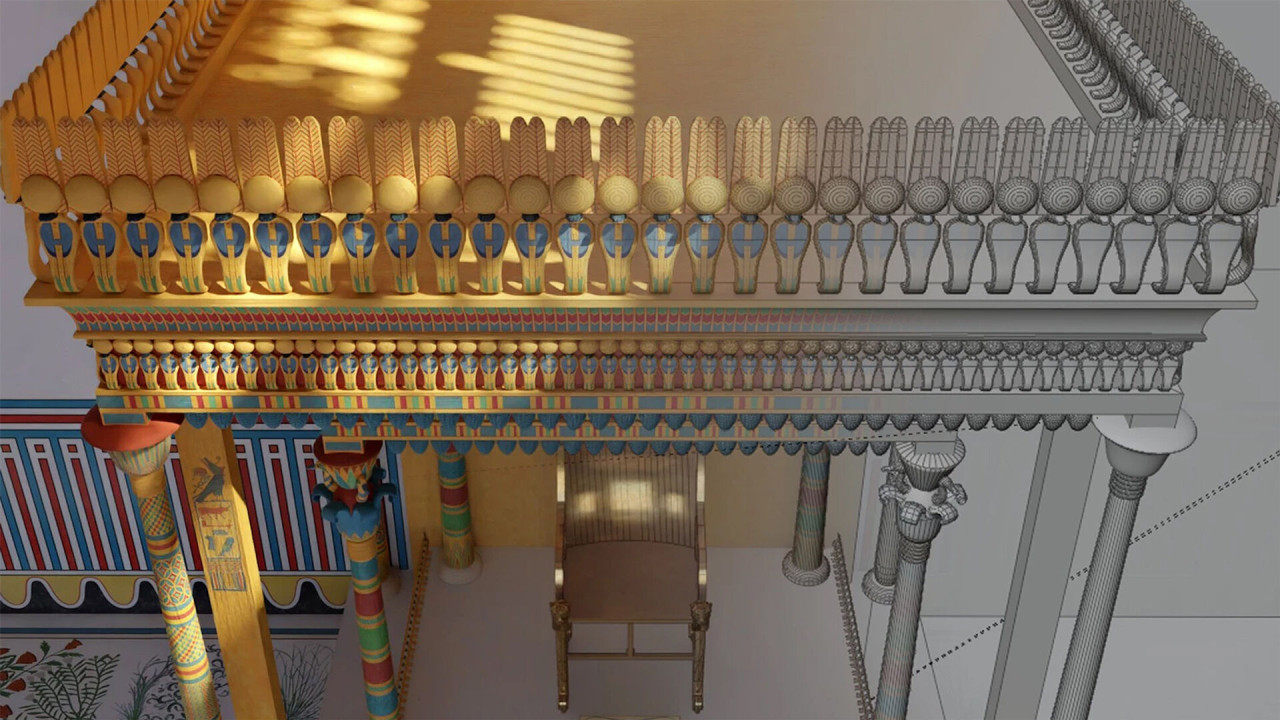
Franck Monnier and Paul François began the digital reconstruction of the palace of Amenhotep III at Malqata in 2016, as part of a collaboration with the Ancient Egyptian Heritage and Archaeological Fund. They used digital technologies and 3D...
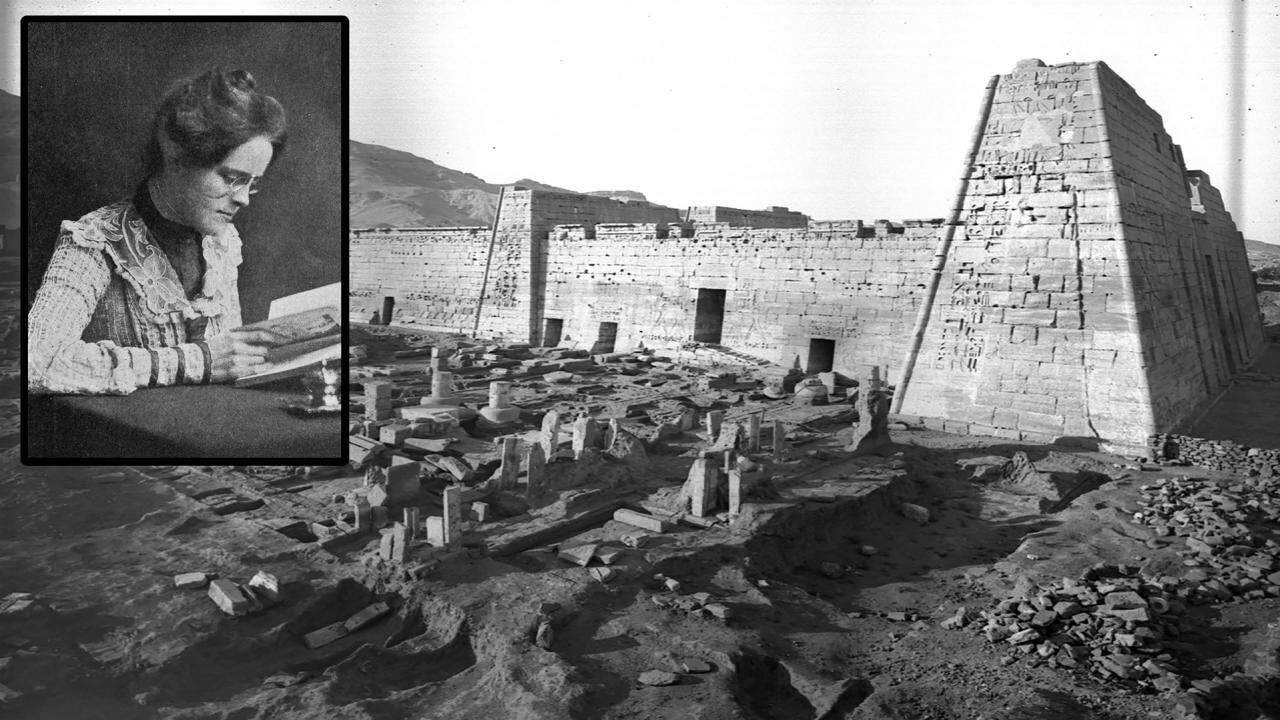
Dr. Caroline Louise Ransom Williams (1872-1952) was the first professionally trained woman Egyptologist in America. Mentored by Breasted who was only seven years her senior, their relationship would evolve from teacher and pupil to the greatest of...
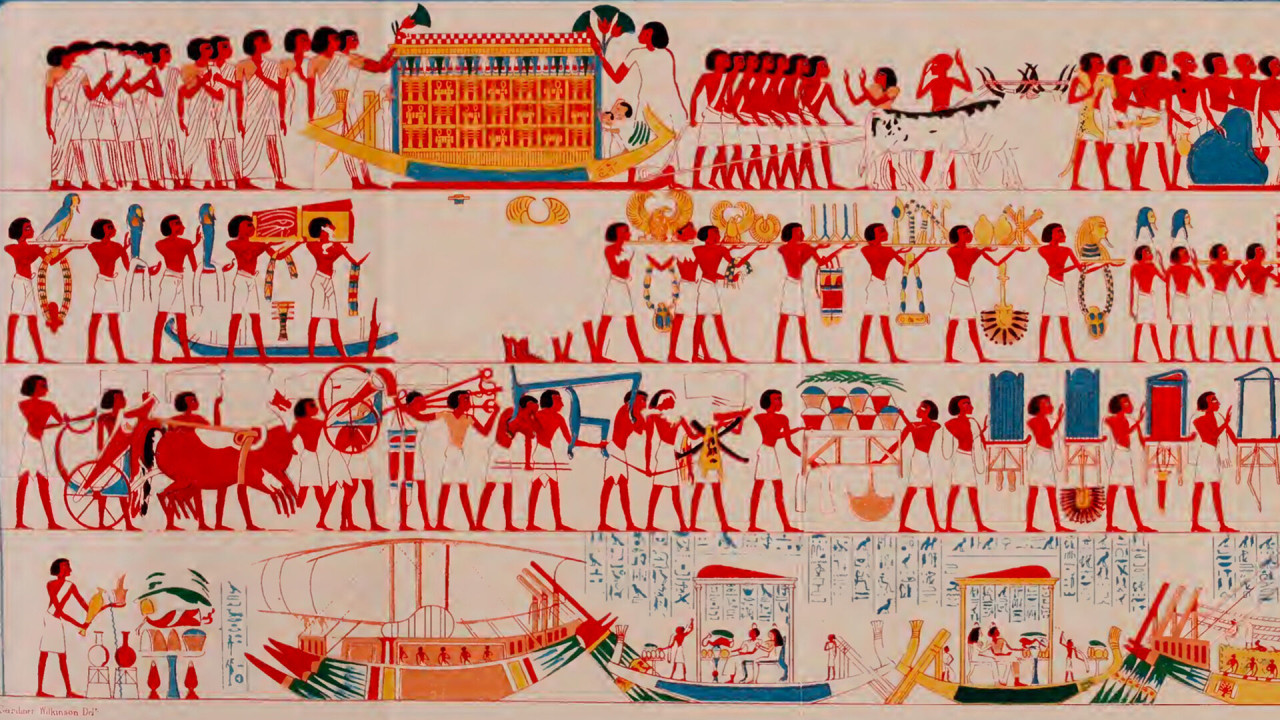
In the second entry of our Evolution of Epigraphy series, we go back to the rediscovery of Egypt following the Napoleonic Wars, when epigraphic methods were yet to be conceived and early scholars could rely only on their observation skills and...
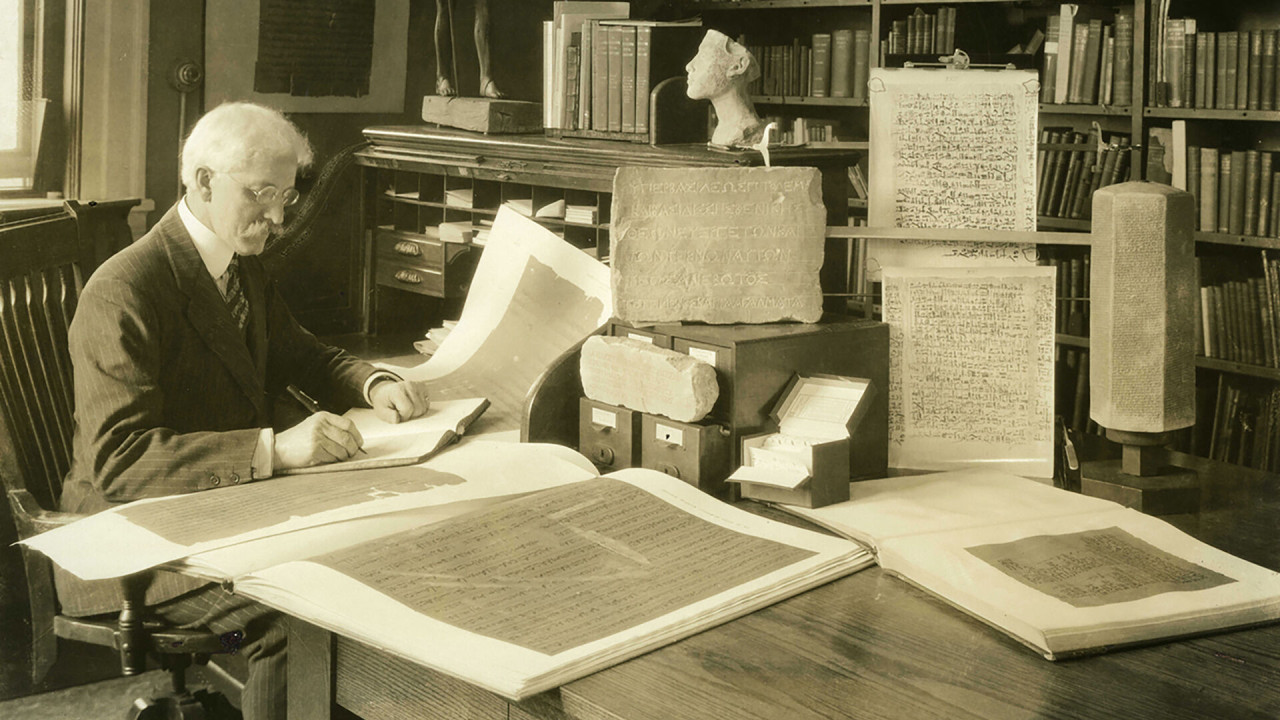
The three-part article reflects on how Breasted came to establish the Epigraphic Survey and the Chicago House Method, utilizing new technologies to make epigraphic work possible, and setting the standard for the digital work of today.
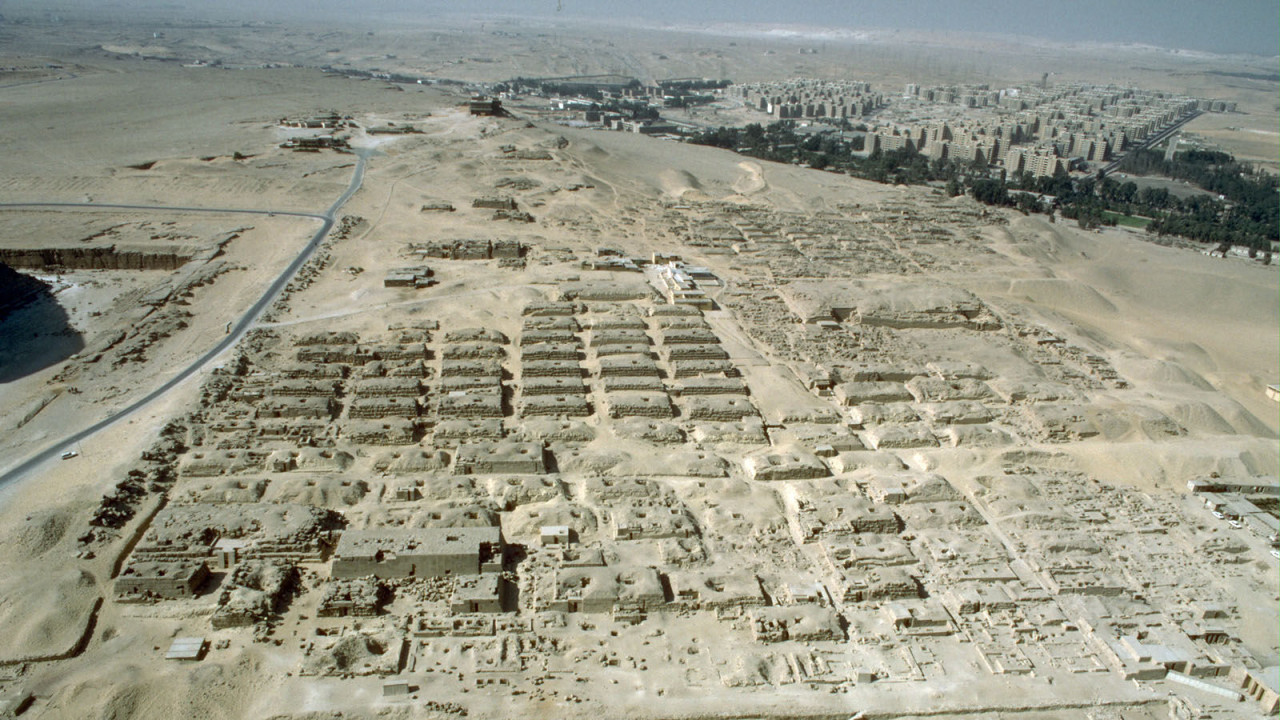
The Harvard University – Museum of Fine Arts, Boston Expedition at the Old Kingdom site of Giza has uncovered significant material from later periods of Ancient Egyptian history, including fragments of a “rishi” type coffin now preserved in...
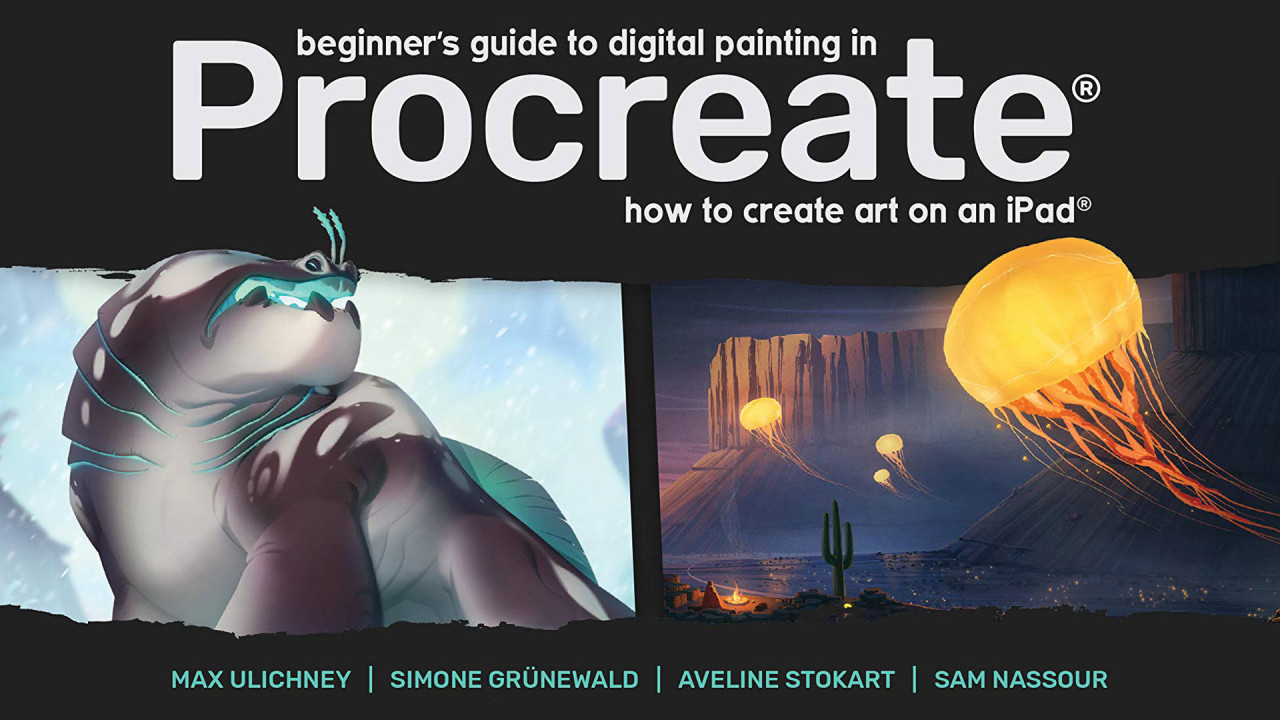
Followers of digitalEPIGRAPHY know by now that Procreate is our official app of choice when it comes to working on the iPad. It is a multi-award-winning painting app that allows artists to paint in high resolution using customized brushes in a...
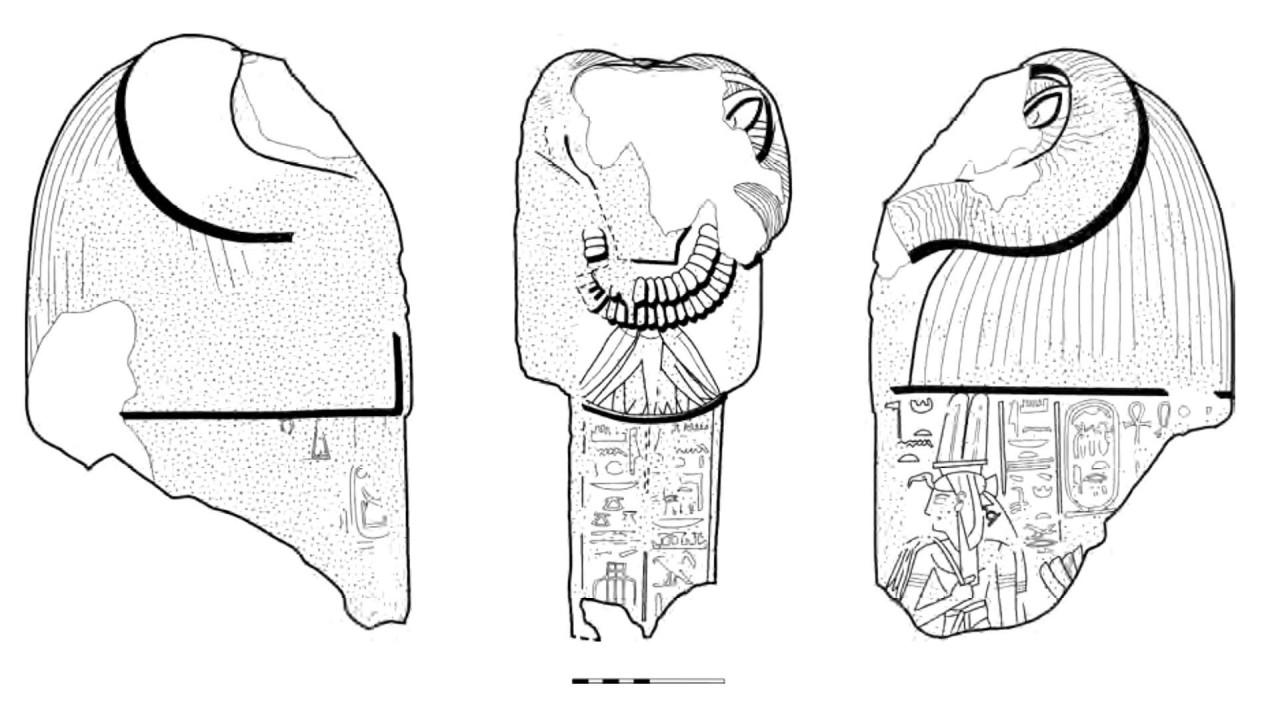
Beginning in 2001, the Spanish National Research Council (CSIC) in Madrid carried out a study of the stelae from Deir el-Medina collected at the Egyptian Museum of Cairo. The project was directed by Dr. José M. Galán in collaboration with the late...
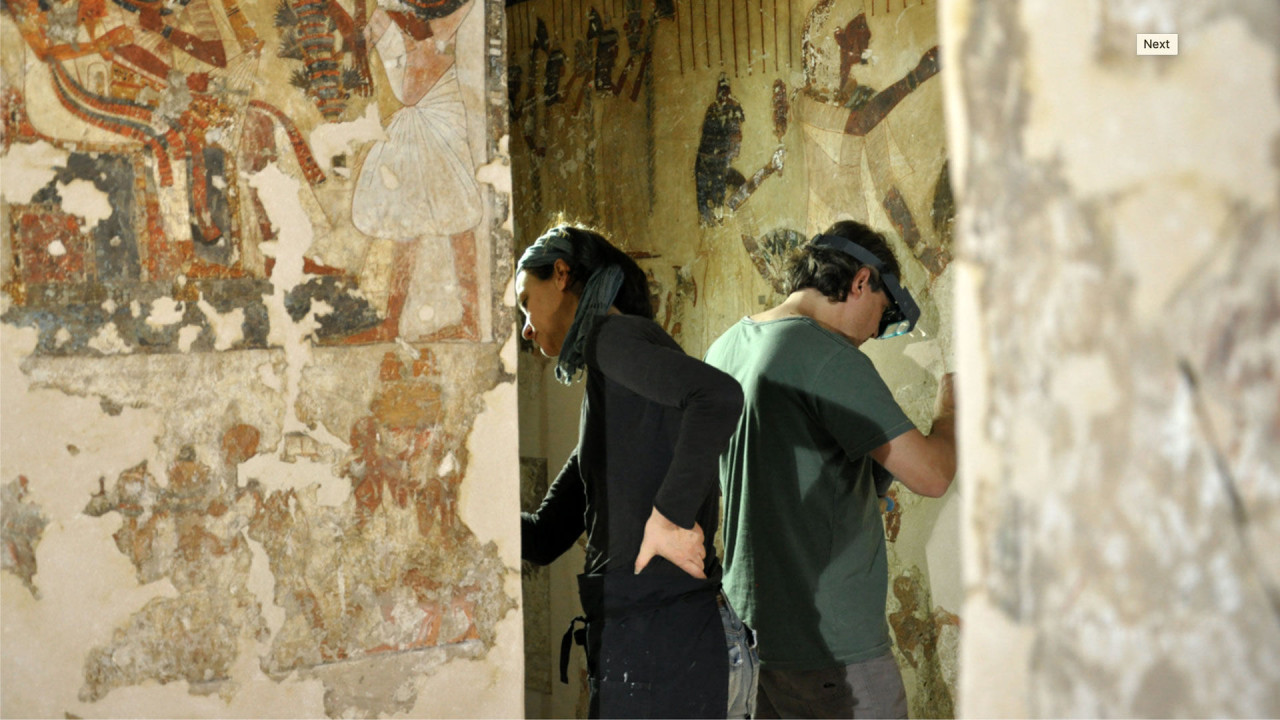
We’d like to showcase a project that used laser technology to remove dirt and soot from the fragile wall paintings of an ancient Egyptian tomb – a technology that may become a tremendous aid in the future of epigraphy.
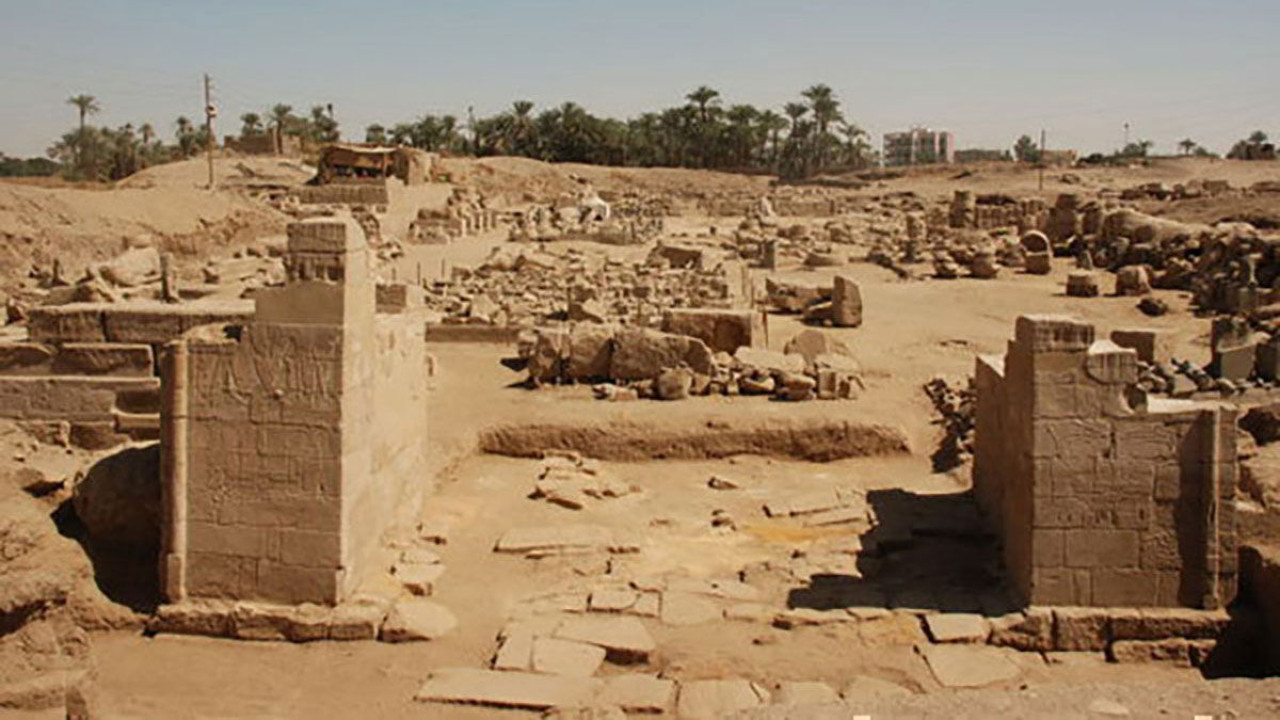
In 2014, the Mut Precinct in South Karnak reopened its gates to the public after being closed for almost 40 years. The reopening was the result of the work of the Brooklyn Museum’s expedition to the Mut Precinct...
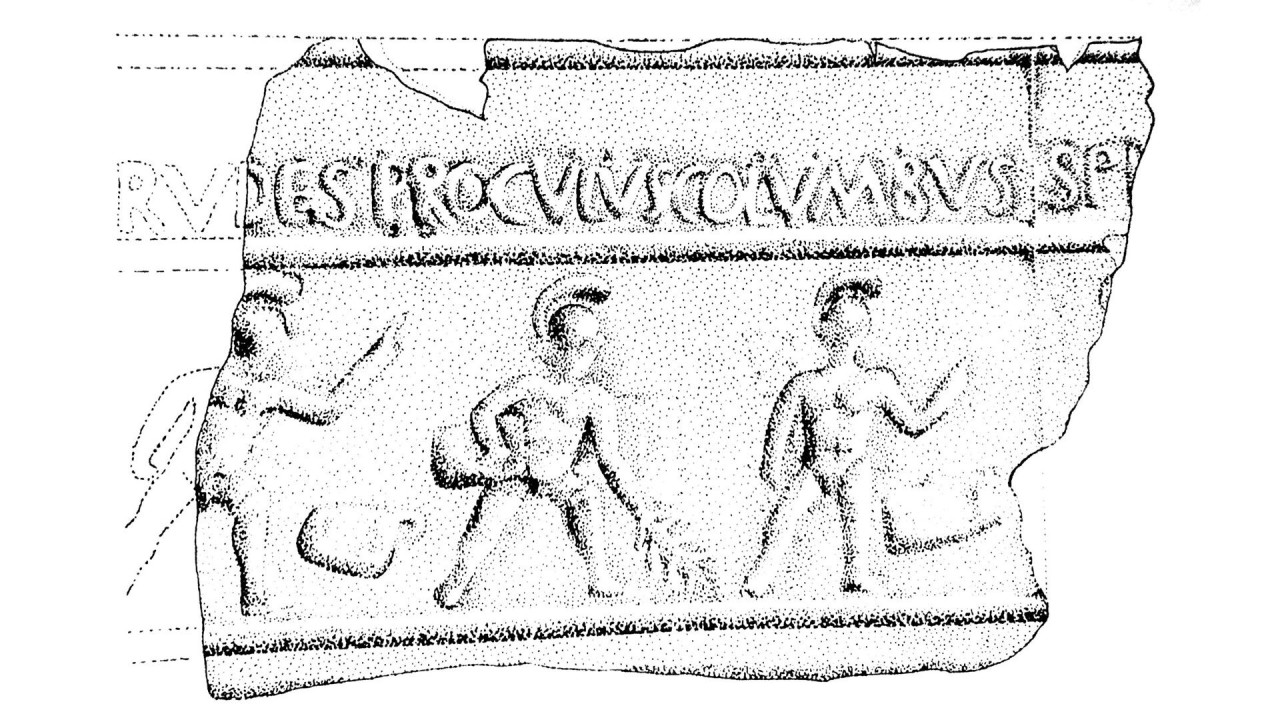
This time, we would like to introduce a long planned new series here at digitalEPIGRAPHY’s Reading section that concentrates on recording archaeological artifacts.
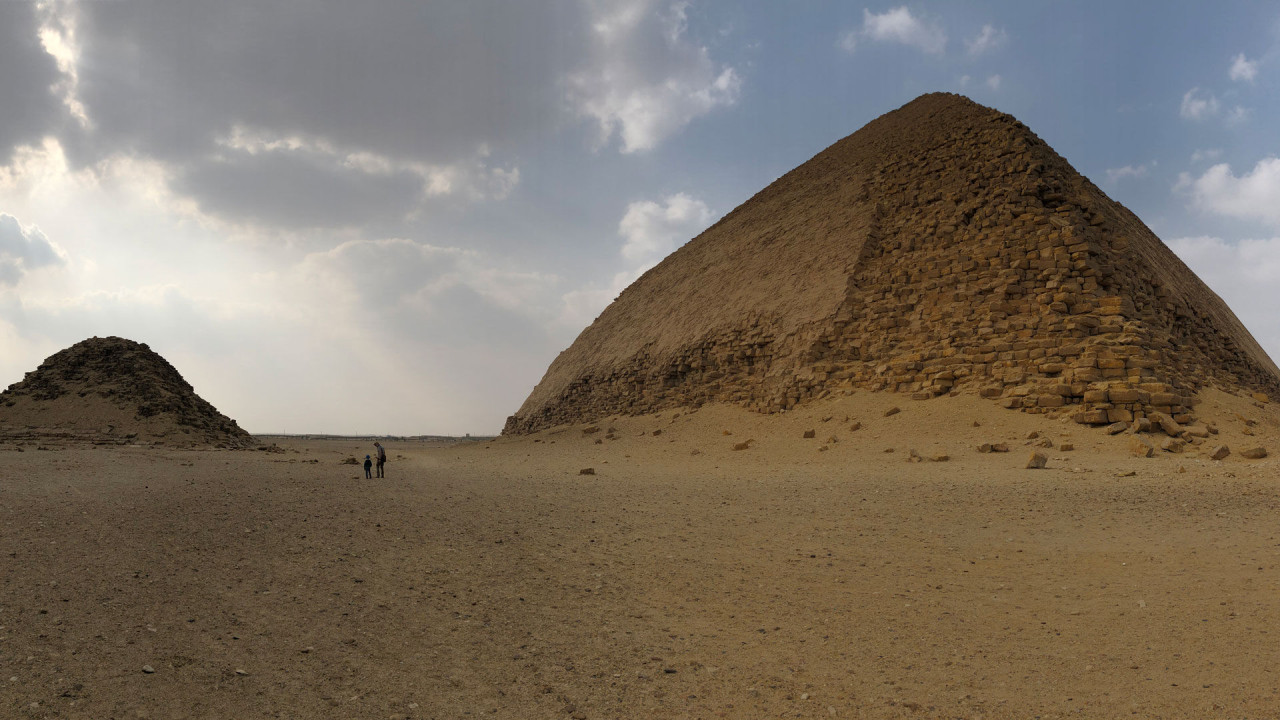
The Free University Berlin, in cooperation with the German Archaeological Institute Cairo (DAI), has been exploring the royal necropolis of Dahshur since 2000.
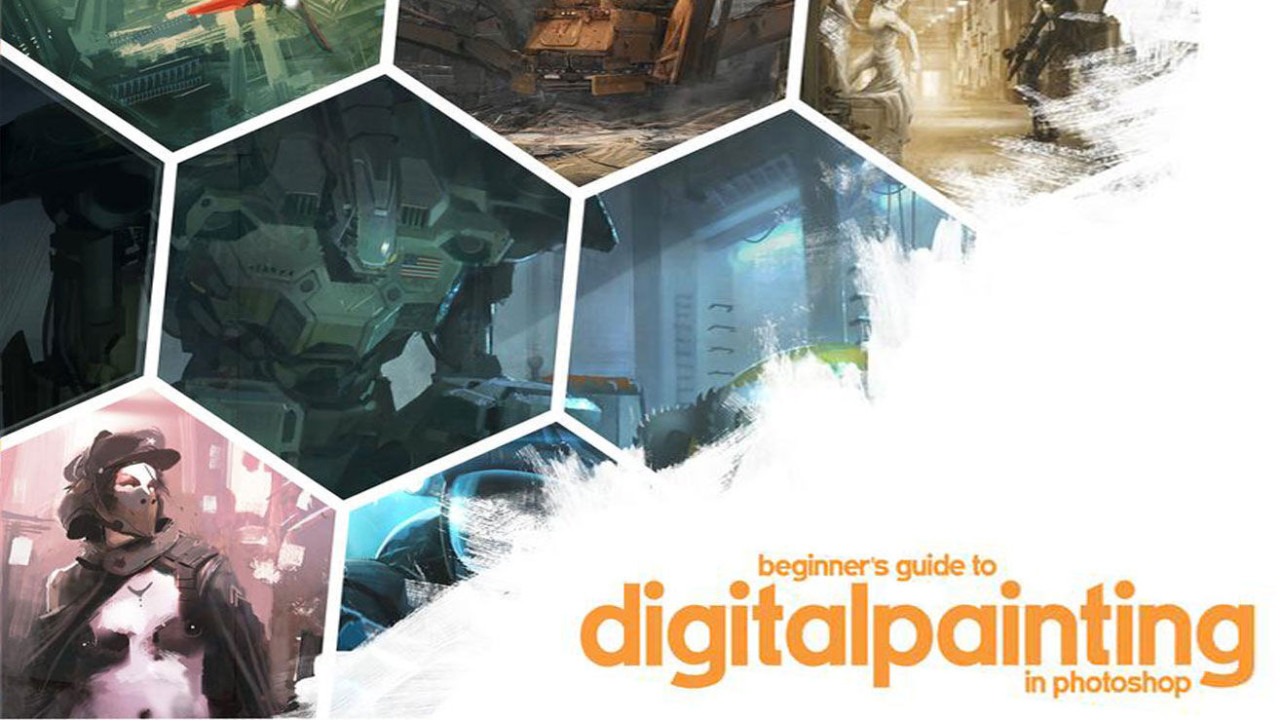
The next entry to Reading section’s series dedicated to creating digital art is a comprehensive guide to the basics of digital painting in Photoshop.
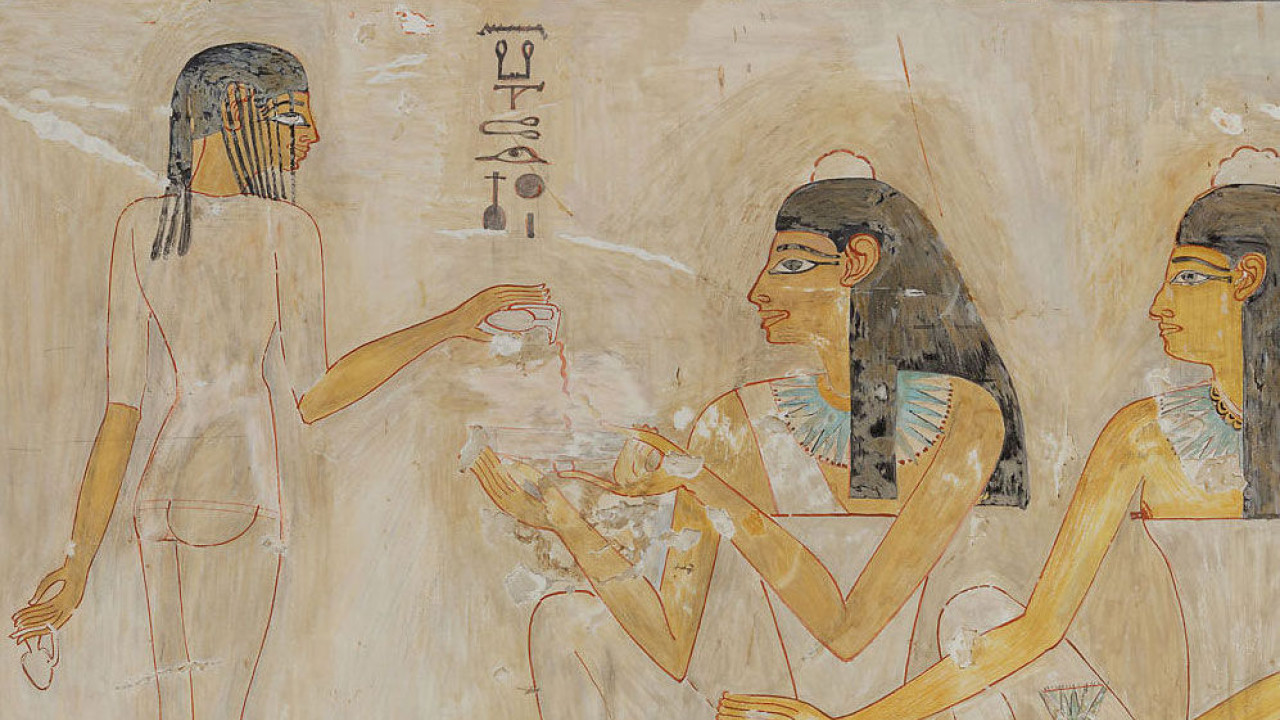
Nina and Norman de Garis Davies were two of the most influential artists/epigraphers devoted to recording Egyptian wall paintings in the first half of the Twentieth century.
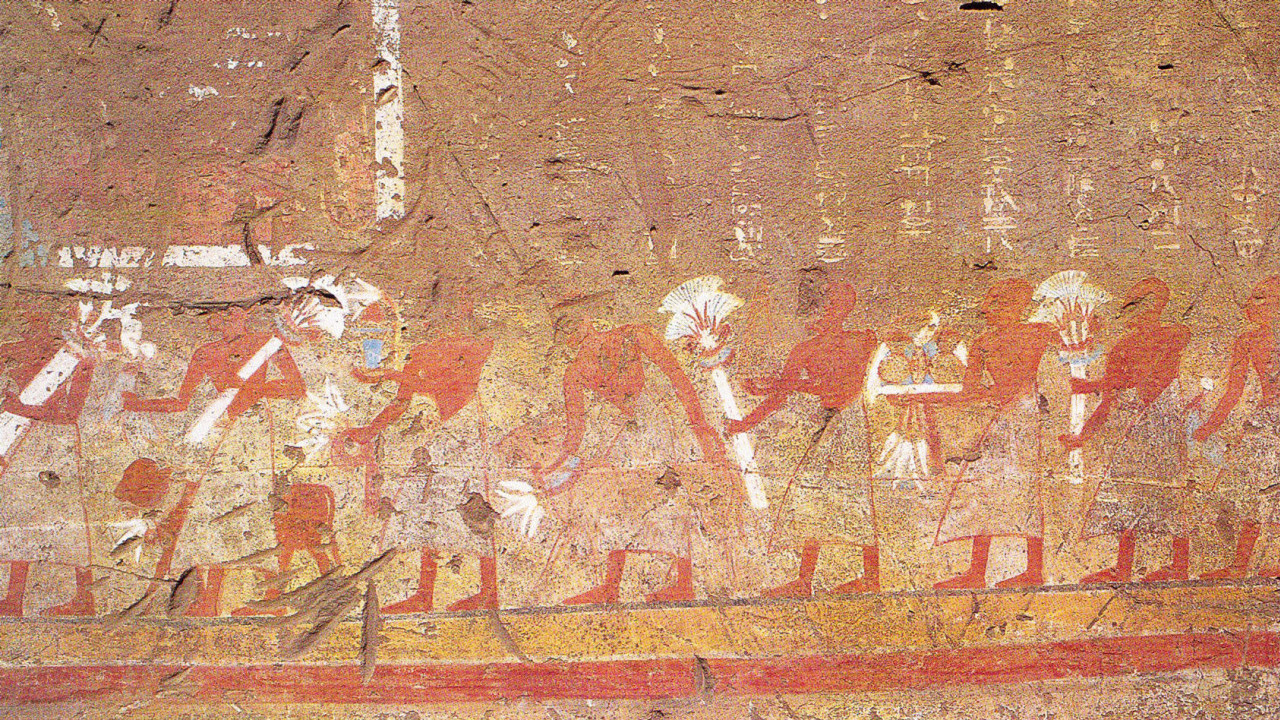
First discovered in the 19th century, the tomb of Pay and Raia was excavated and recorded by the joint EES/National Museum of Antiquities, Leiden, expedition between 1994 and 1998.
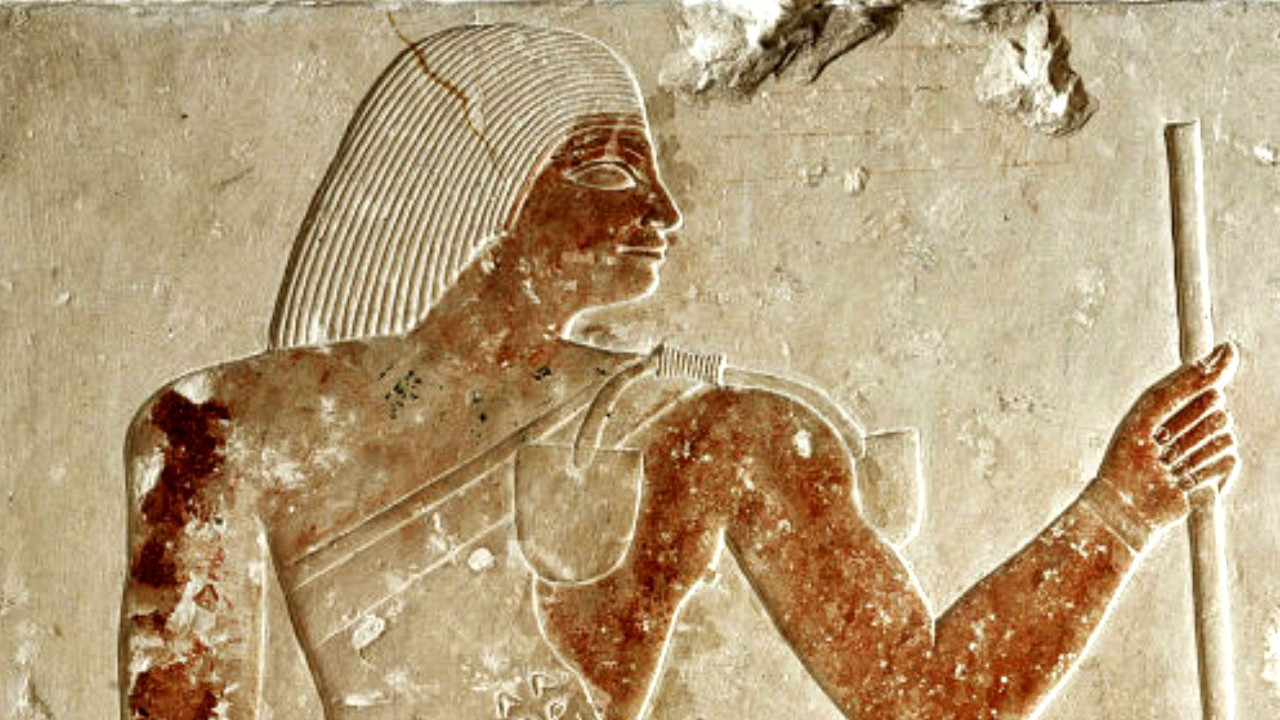
This richly illustrated work by Regina Hölzl is dedicated to the mastaba of the royal official Kaninisut: its discovery, the purchase of the tomb’s cult chamber for the museum where it is to be visited today, and its relief decoration.
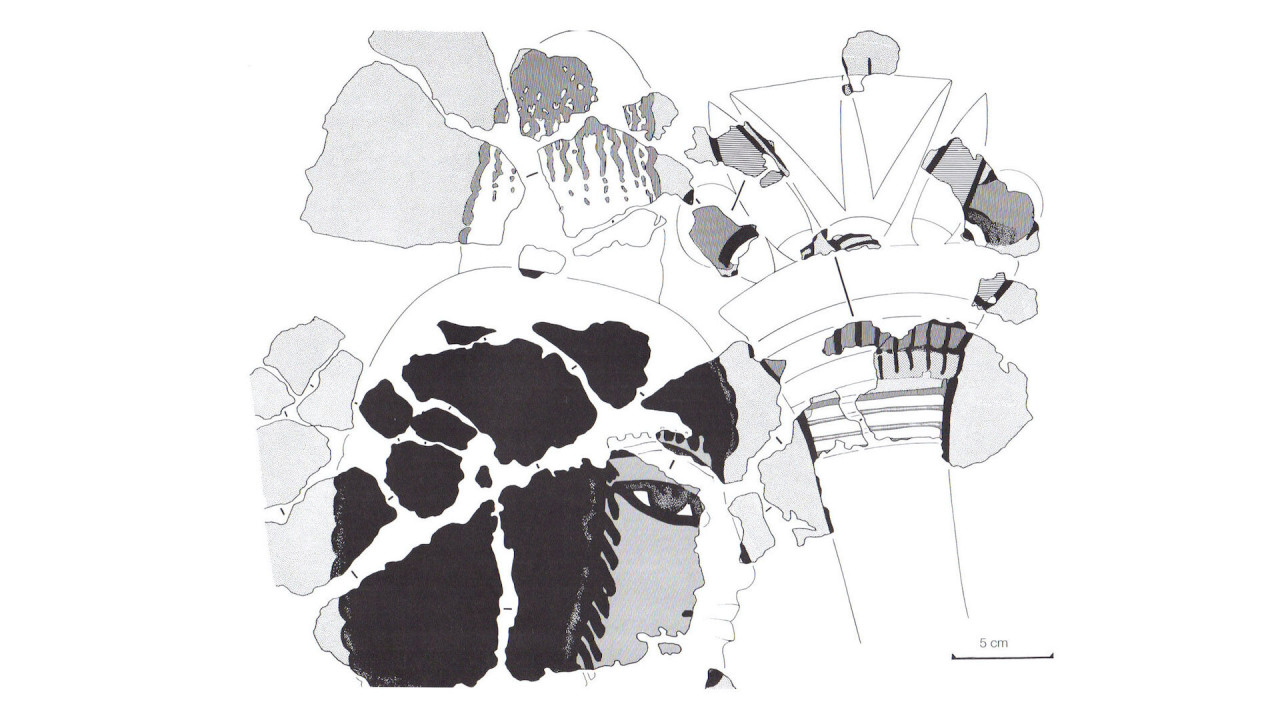
In the 1980s, the Egypt Exploration Society's expedition to Amarna discovered a well-preserved private chapel at the Workmen's Village and the largest that had been built there.
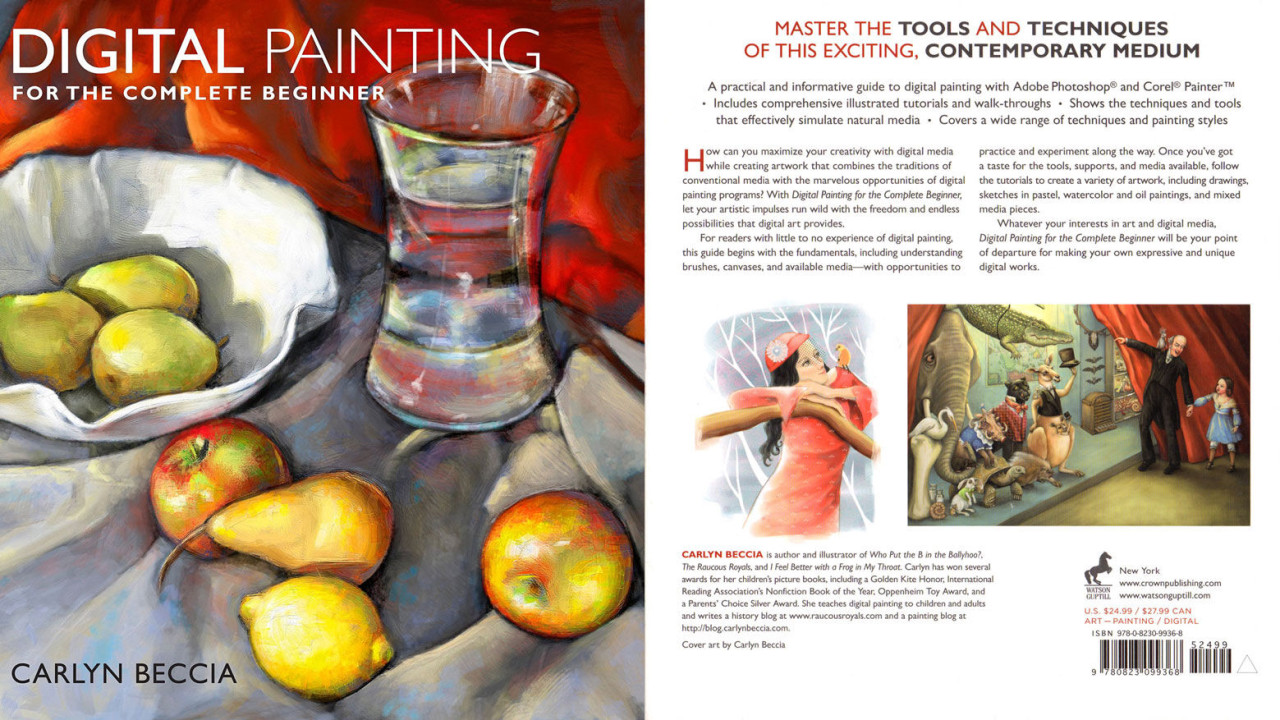
Back in Spring, we introduced a new series, which would include some of our favorite books regarding the techniques and methods used in creating digital art. Our next entry is Carlyn Beccia’s manual, a practical guide to digital painting with...
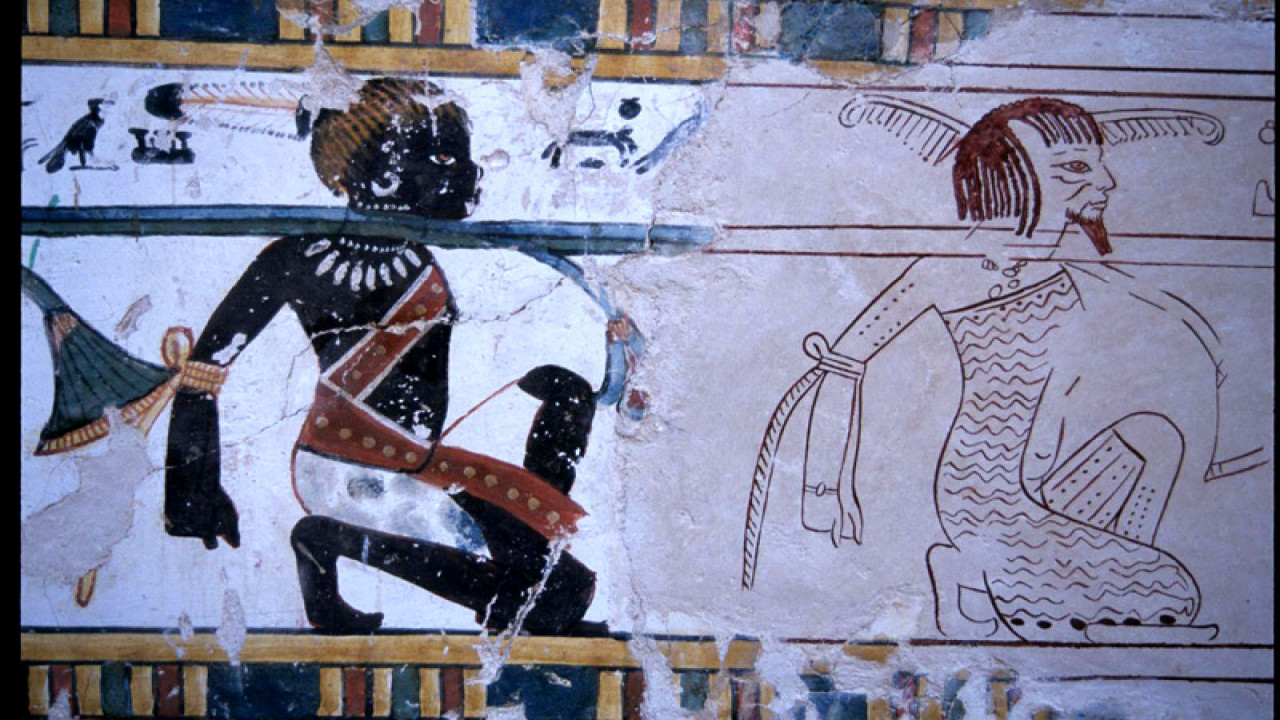
In 1995, the Royal Ontario Museum initiated its Theban Tomb Project with Lyla Pinch-Brock and ROM Assistant Curator Roberta Shaw as co-directors recreating the facsimile technique used by Nina de Garis Davis.
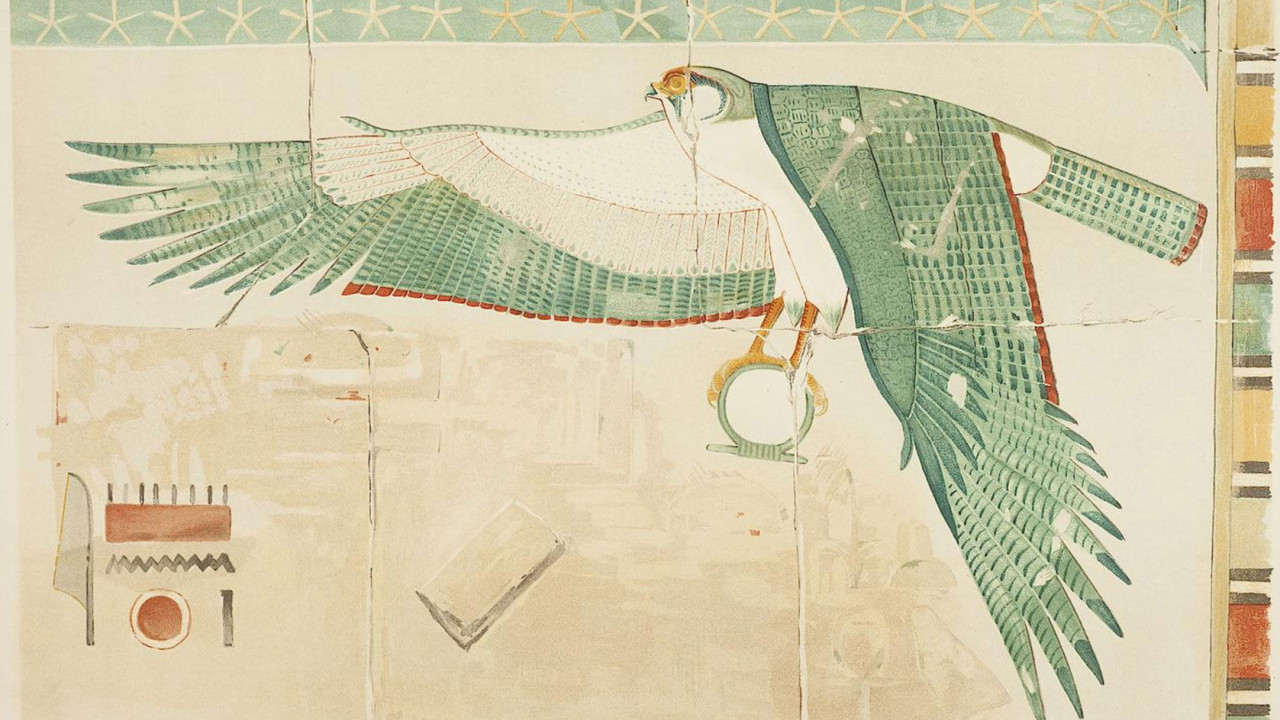
Early in his career, from 1894 to 1899, Howard Carter worked with Édouard Naville at Deir el-Bahari, where he recorded the wall reliefs in the temple of Hatshepsut.
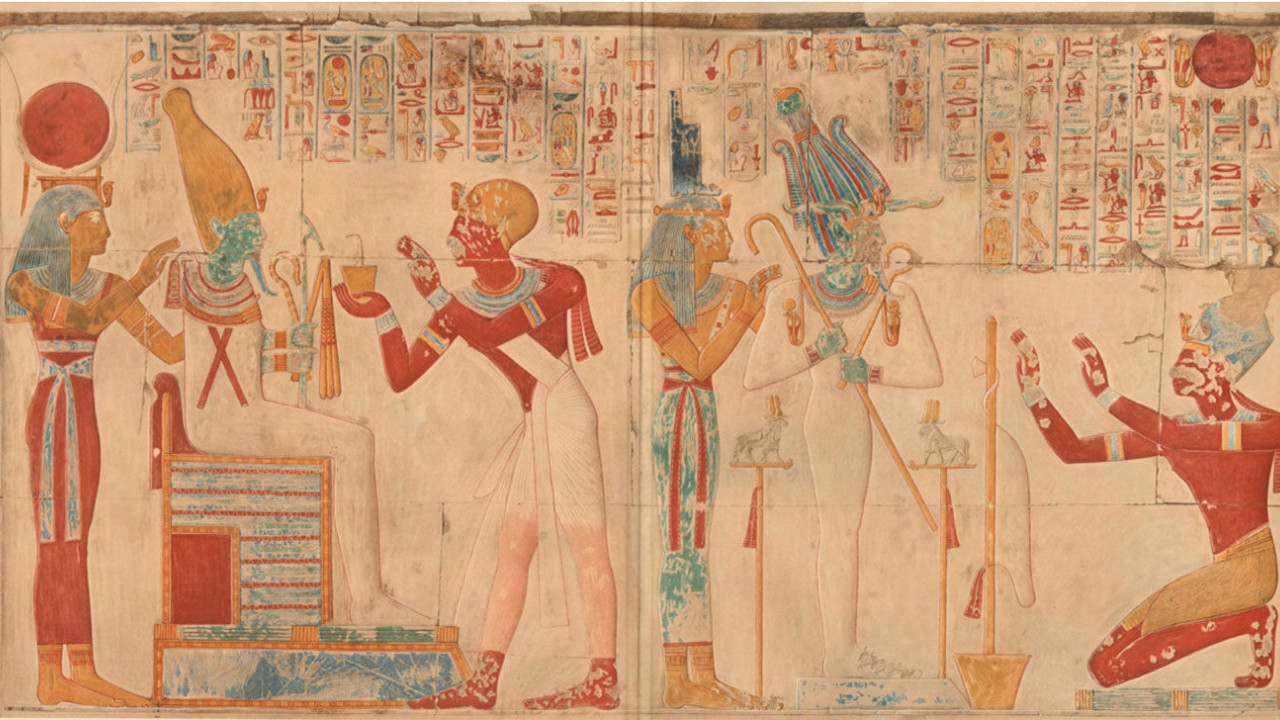
Commencing in 1933, a four-volume series entitled The Temple of King Sethos I at Abydos, edited by Alan H. Gardiner, was published jointly by the Egypt Exploration Society and the University of Chicago
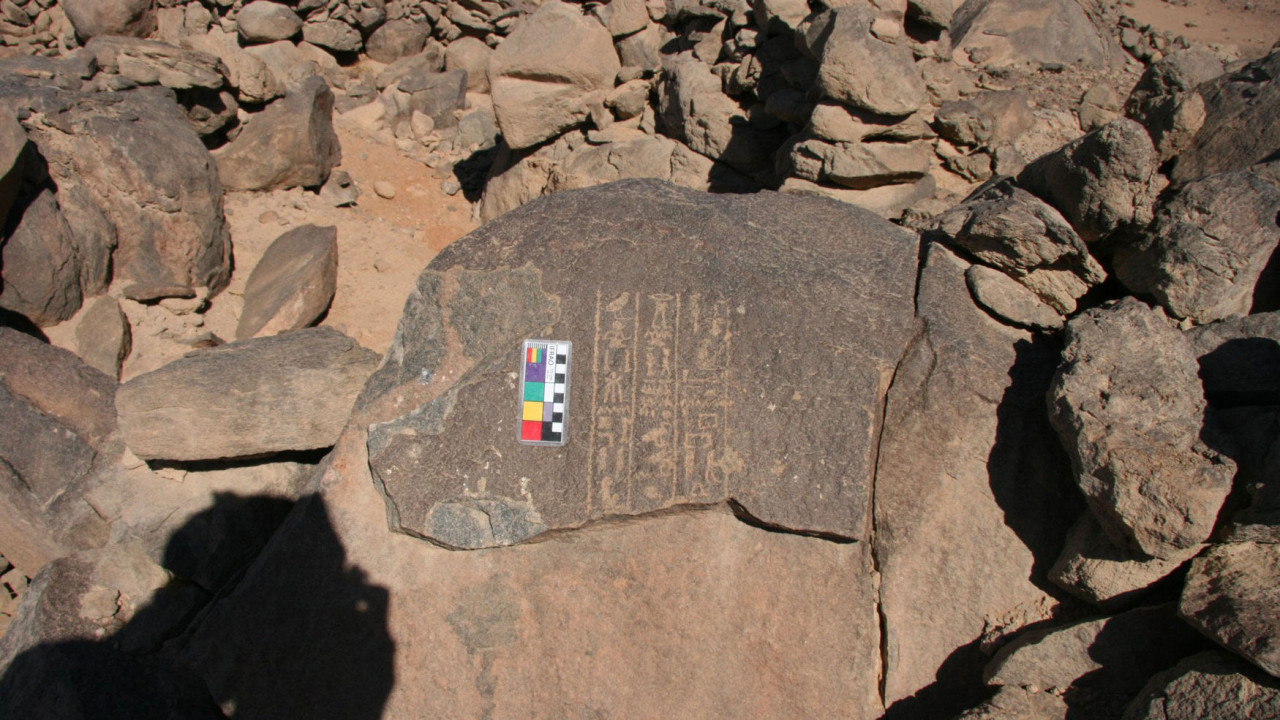
Wadi el-Hudi is an extensive mining site in the desert about 35 km southeast of Aswan where, in ancient times, Egyptians mined precious stones and minerals, including amethyst, galena and gold.
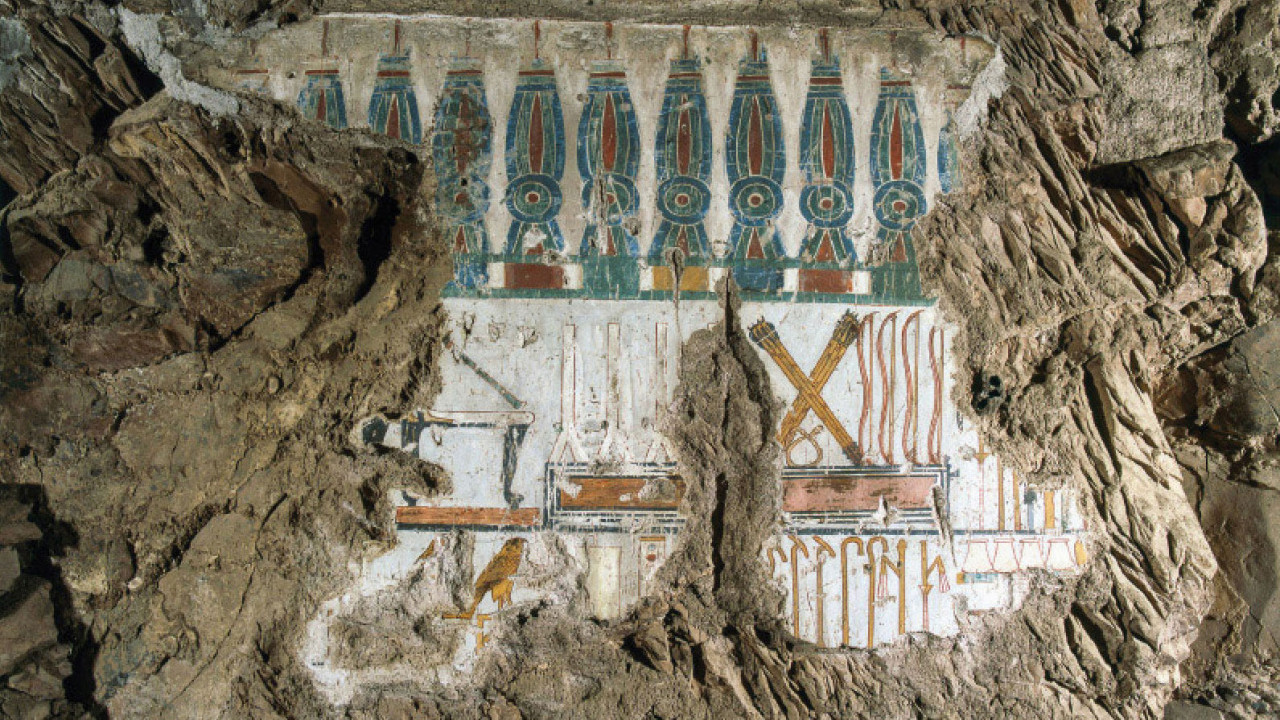
The conservation and documentation of the tomb of Senneferi (TT 99) at Luxor was carried out between 1992 and 2002 by the Cambridge Theban Tomb Project, under the leadership of Nigel Strudwick.
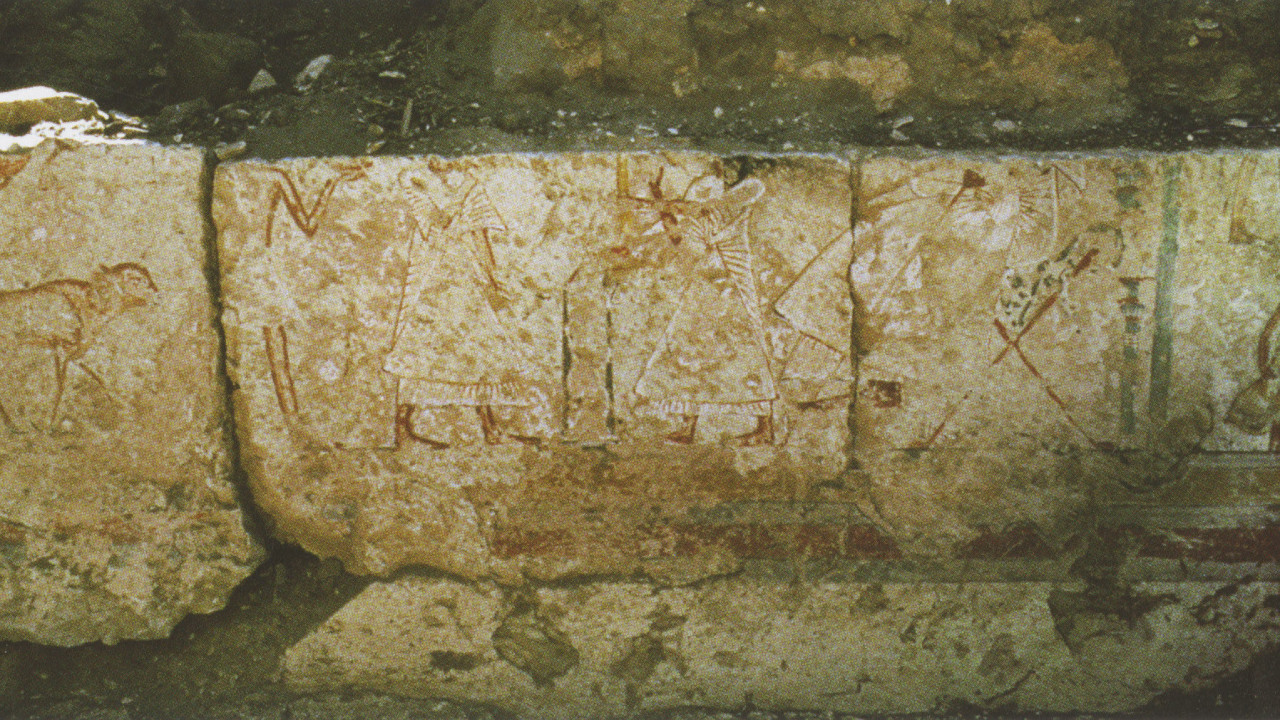
In recent years, the Heidelberg University’s Ramesside Tomb Project has been studying the motifs behind the decoration of the forecourts of two Ramesside tombs, TT 157 and TT 183.
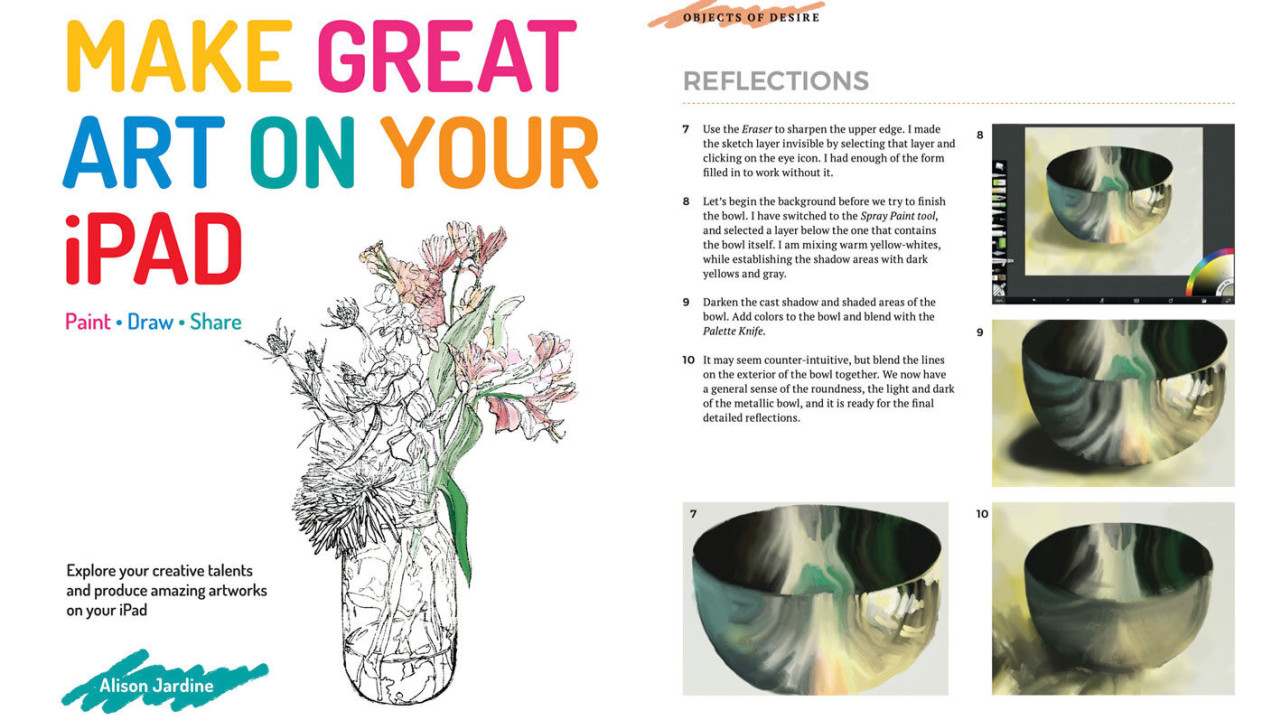
In this somewhat unconventional entry, digitalEPIGRAPHY would like to draw your attention towards the general understanding of what using computers in producing art really means.
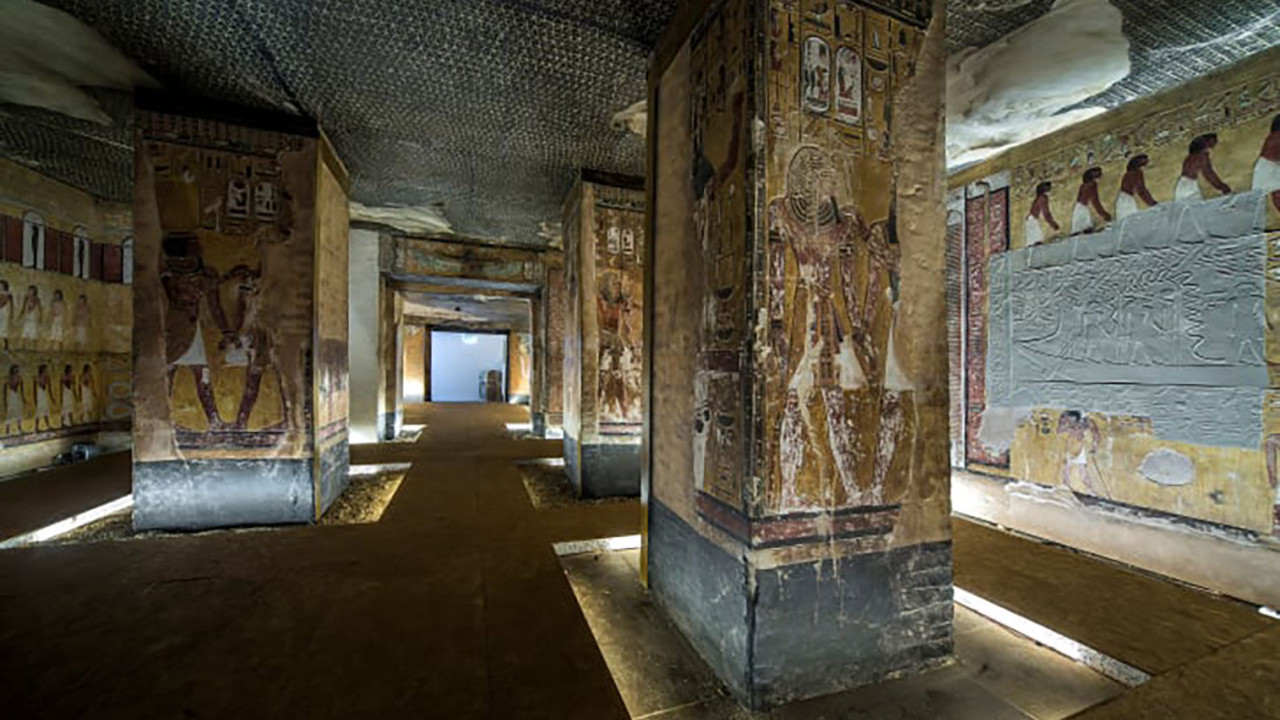
A recent exhibition in the Antikenmuseum Basel recreates two of the most beautiful rooms, the Hall of Beauties and the adjacent Pillared Room in Seti I’s magnificent tomb in the Valley of the Kings.
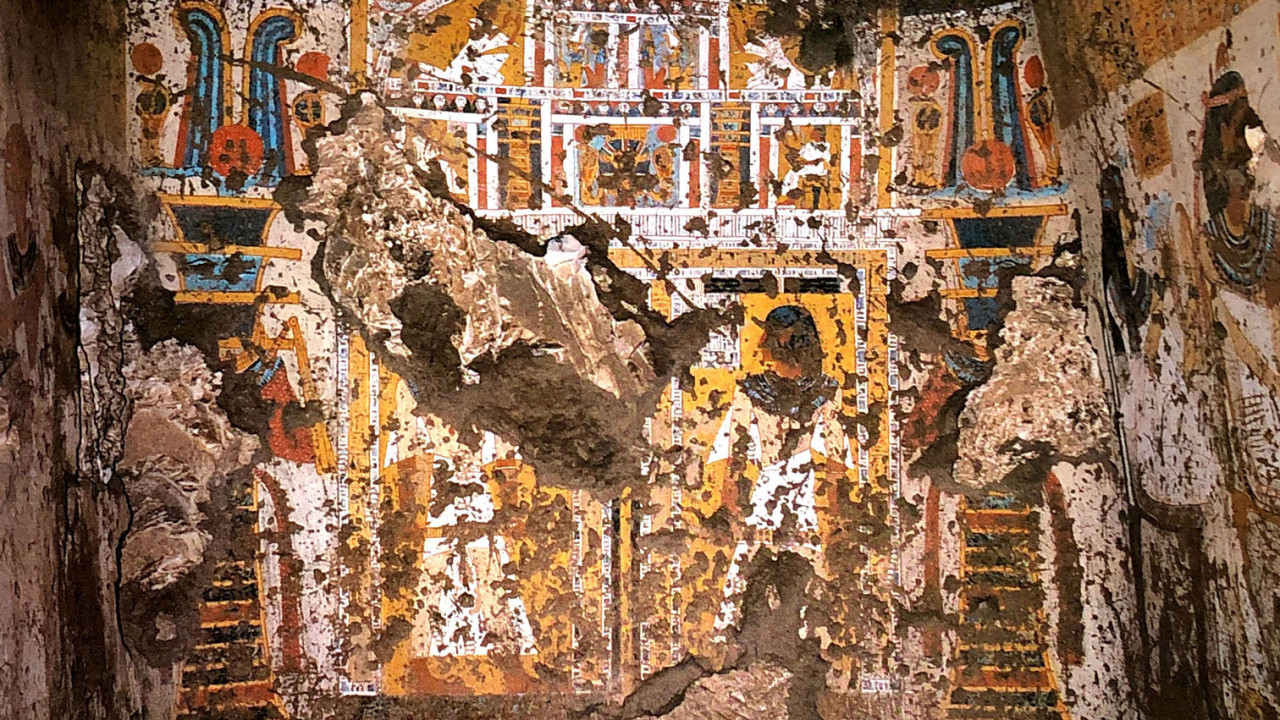
Das Grab des Paenkhemenu (TT 68) und die Anlage TT 227 by Karl-Joachim Seyfried is part of a series of publications devoted to the Theban tombs of Ramesside officials produced by the Egyptological Institute of the Heidelberg University.
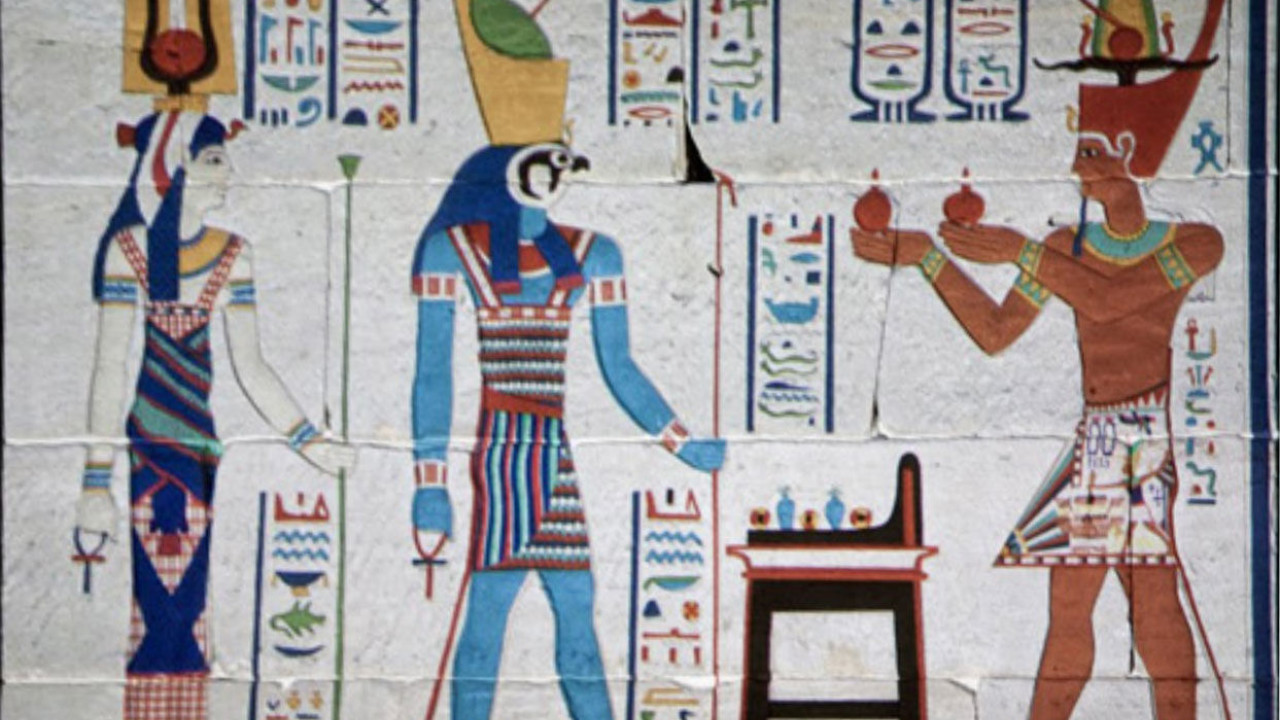
In this article we would like to focus on the 2015 initiative at the Metropolitan Museum of Arts to build a virtual reconstruction of the original polychrome painted decoration of the temple of Dendur.
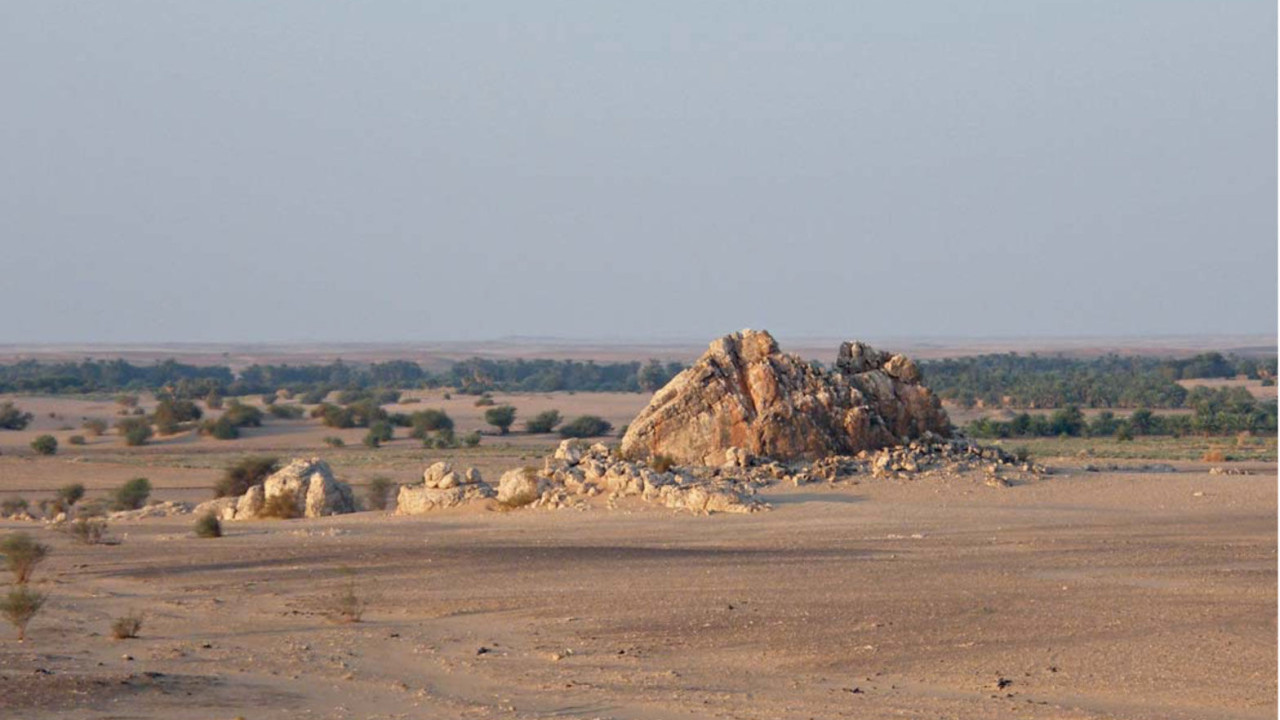
The joint Sudan Archaeological Research Society-British Museum project between 1998 and 2012 investigated the many records left by the Egyptian military expeditions during the New Kingdom at Kurgus.
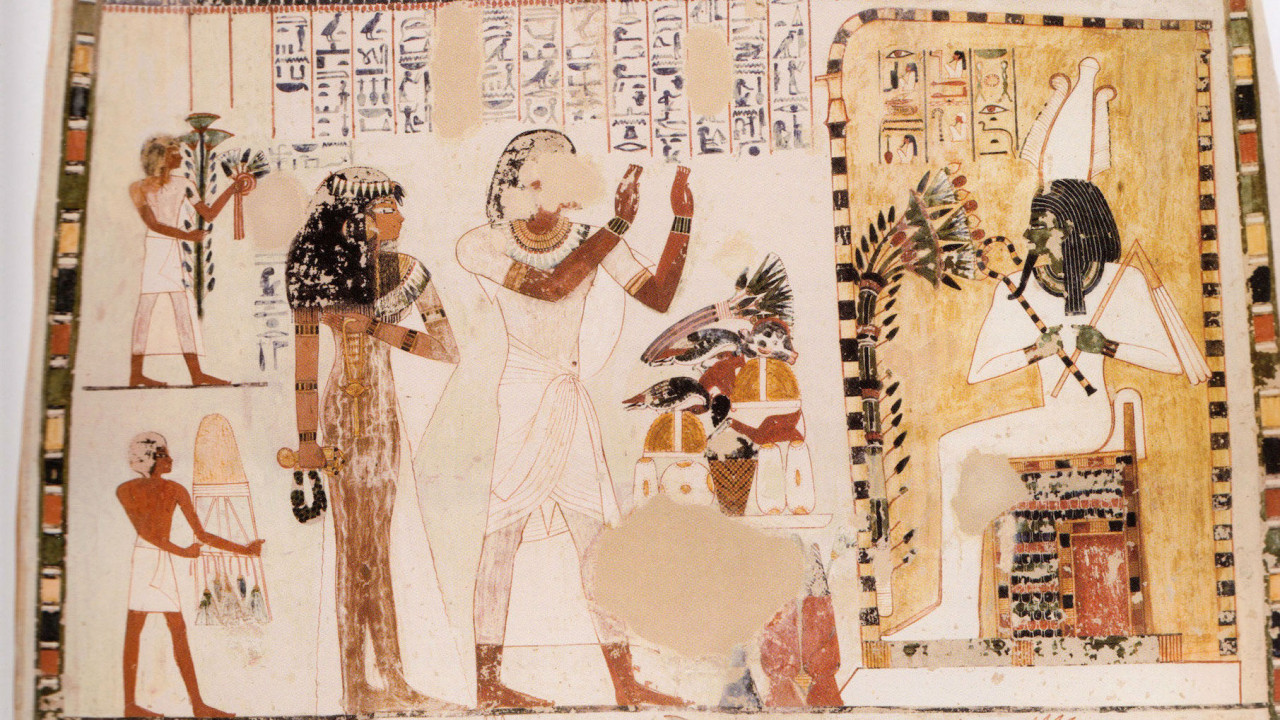
The conservation and documentation of the tomb chapel of Menna (TT 69) at Luxor was implemented between 2007 and 2009, under the direction of Melinda Hartwig of Georgia State University.
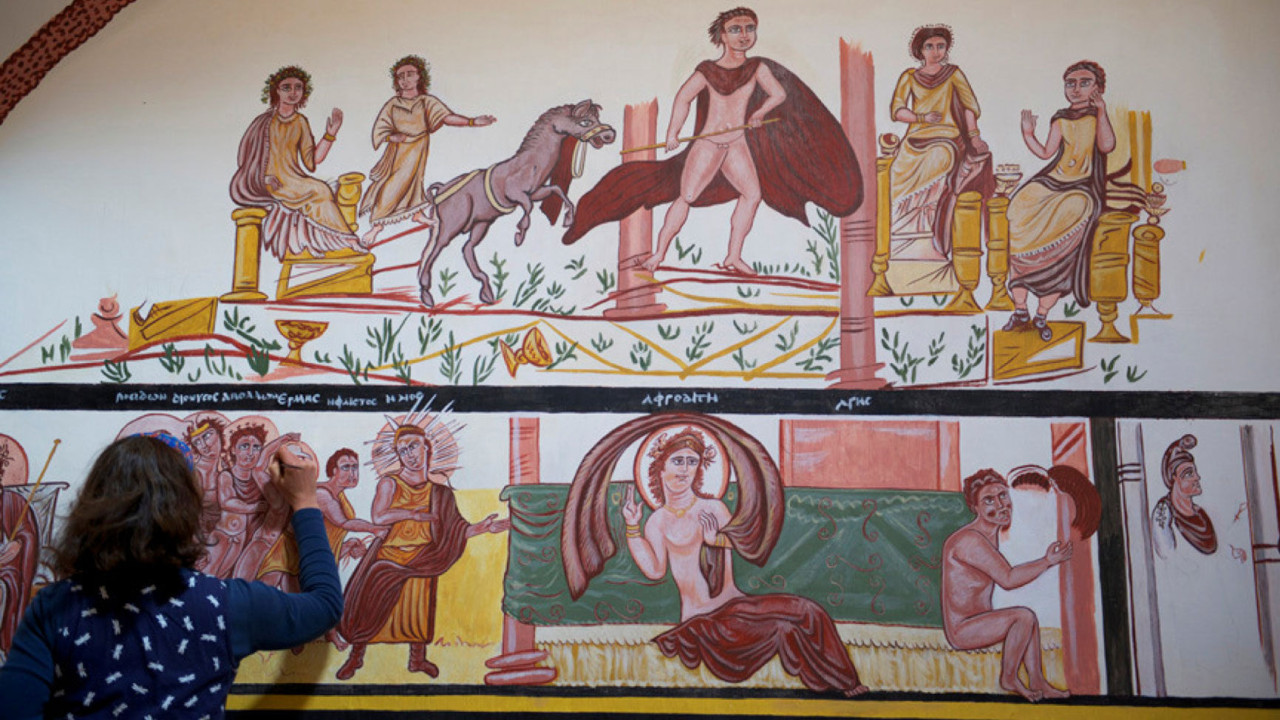
In 1979, a team of the Dakhleh Oasis Project discovered the upper part of lavishly decorated walls of what turned out to be a fourth century ‘villa’ occupied by a family of high social status.
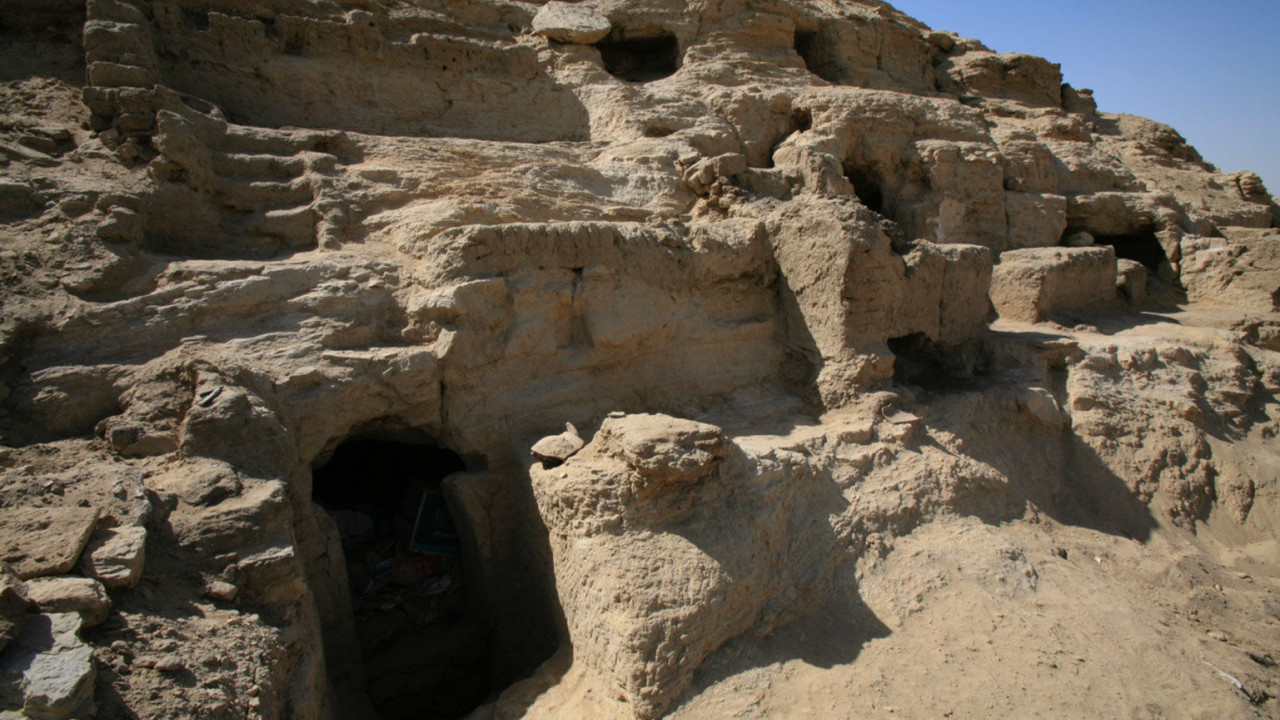
In 2007, a British Museum expedition began investigating the late antique activity at Hagr Edfu, with a focus on surveying, conserving, and documenting the rock-cut tombs of Areas 1 and 2, including Tomb D of Area 2b. Project description
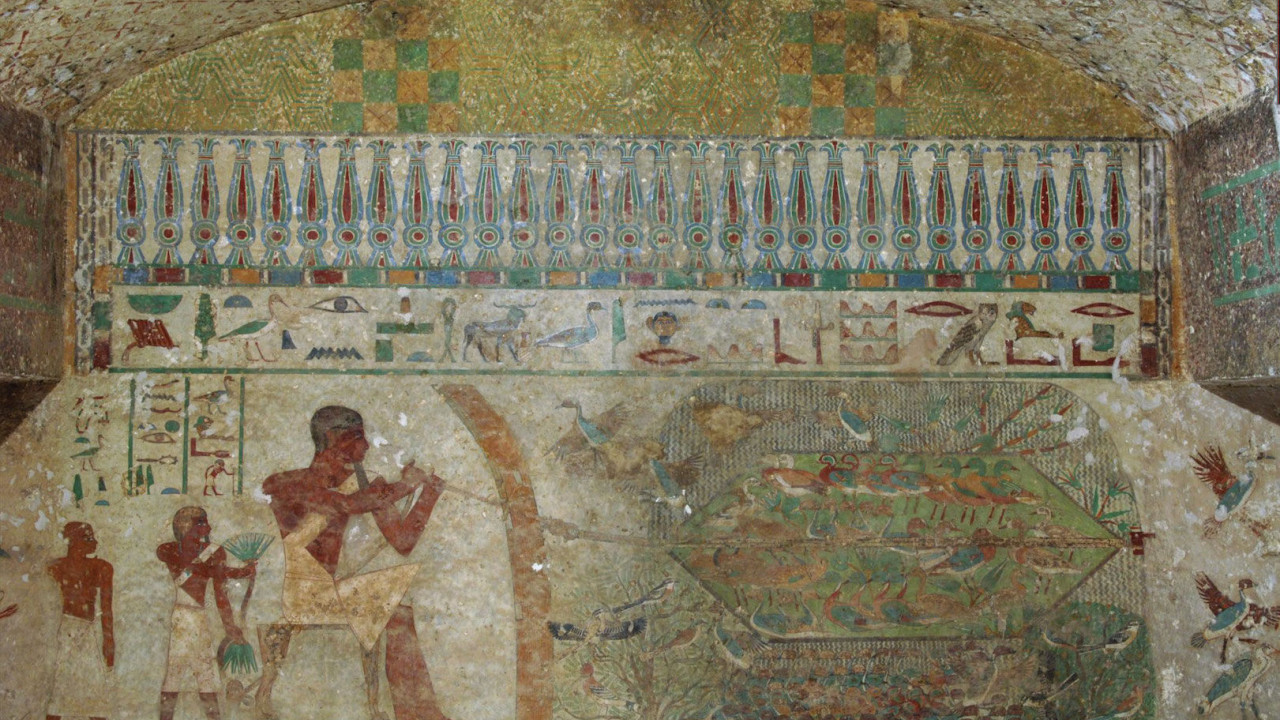
The Beni Hassan @ Macquarie project aims to provide a visual dictionary for all inscribed tombs of the Middle Egypt burial site Beni Hassan, including that of Khnumhotep II.
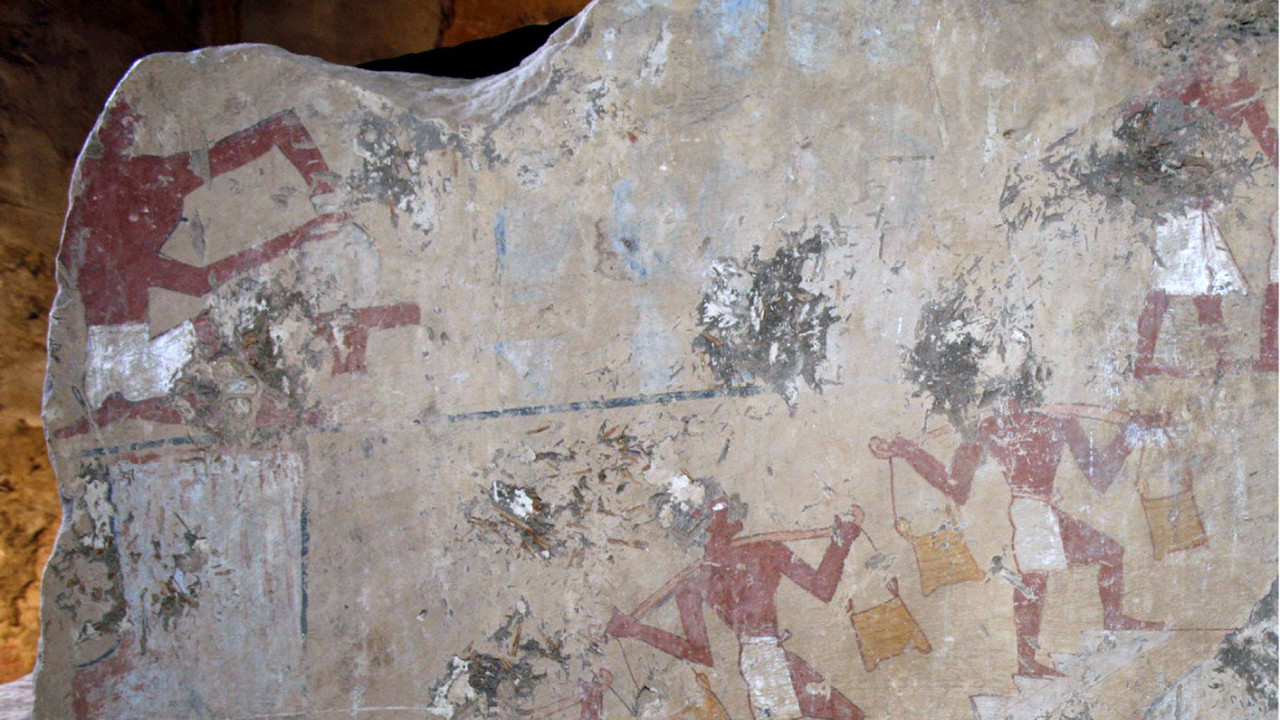
A British Museum expedition under the direction of W. V. Davies has been working on cleaning and recording the pharaonic tombs of Elkab since 2009. The tomb discussed here was built for Senwosret, a governor of Elkab probably during the early 12th...
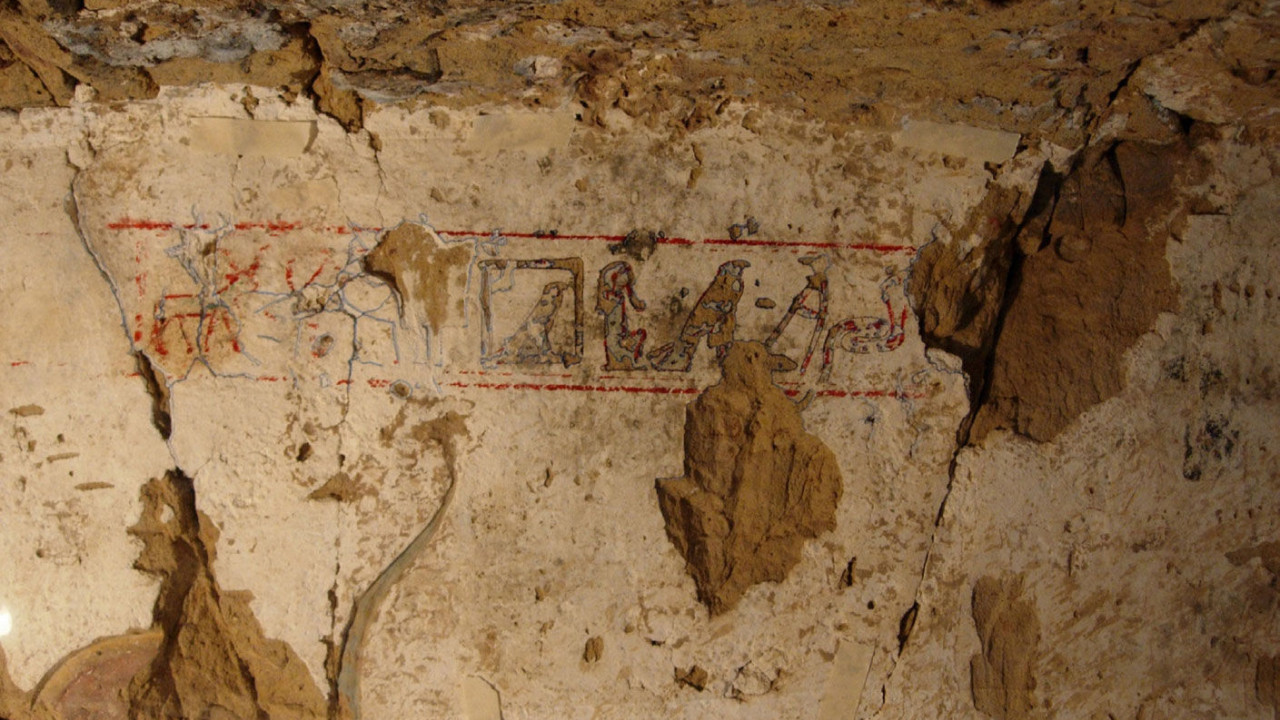
A British Museum expedition has been working at the necropolis of Hagr Edfu under the direction of W. V. Davies since 2001. In recent years, the expedition has documented a group of three tombs at the foot of the main hill of the site...
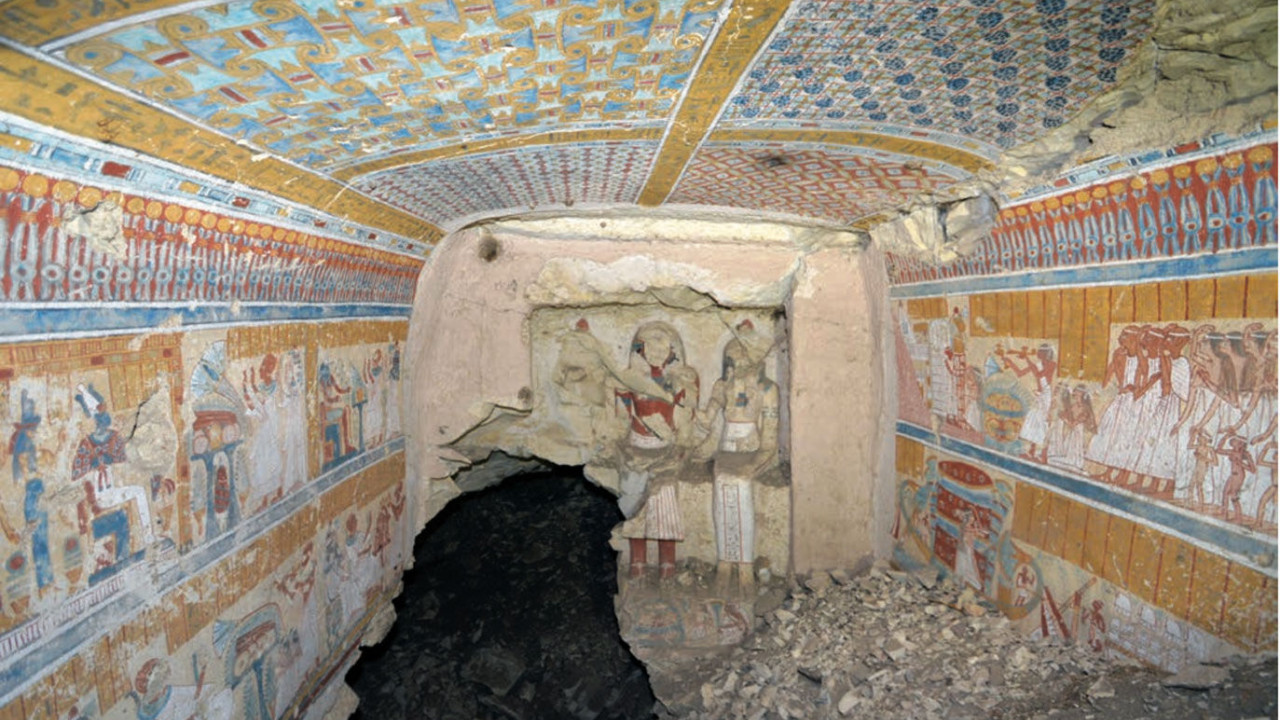
A Japanese expedition from the Institute of Egyptology at Waseda University, Tokyo has been working in the el-Khokha area in the Theban Necropolis since 2007 under the direction of Prof. Jiro Kondo. The team has rediscovered the tomb of Userhat...
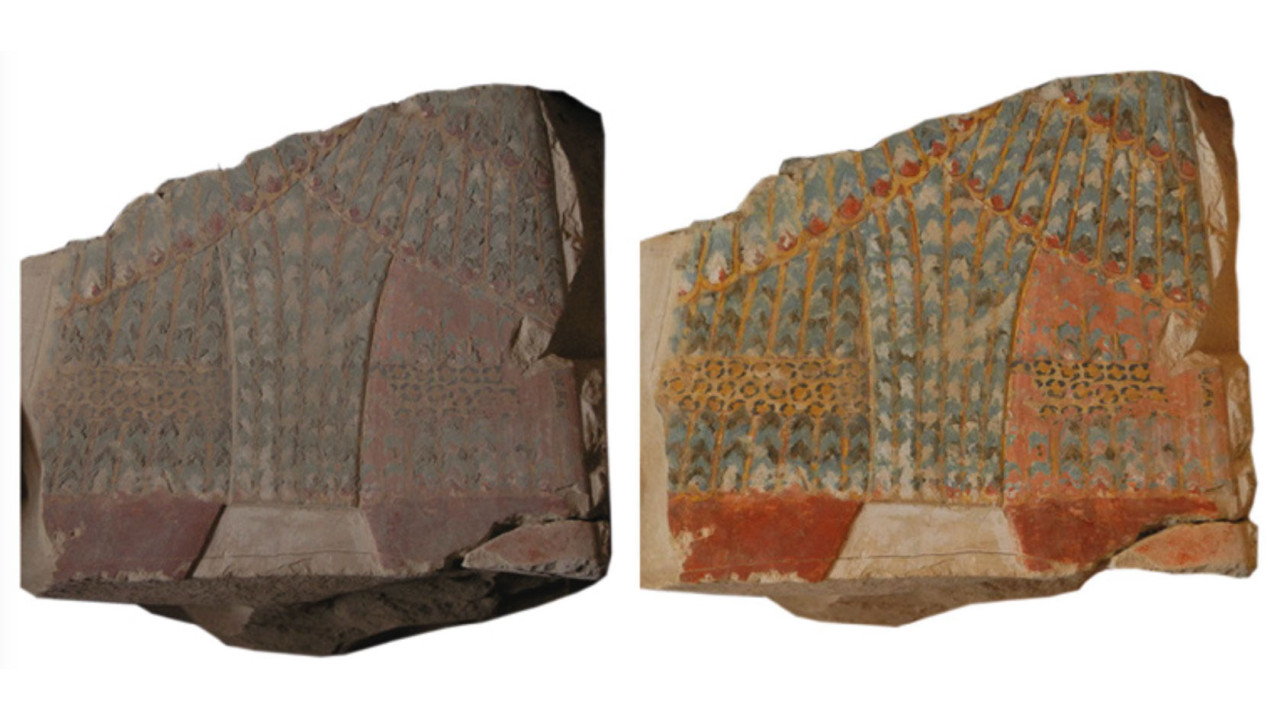
The Polish Centre of Mediterranean Archaeology’s present project began in 2008, with the aim of completing the study, restoration and publication of the Deir el-Bahari temple of Tuthmosis III. The work is the continuation of a previous mission led...
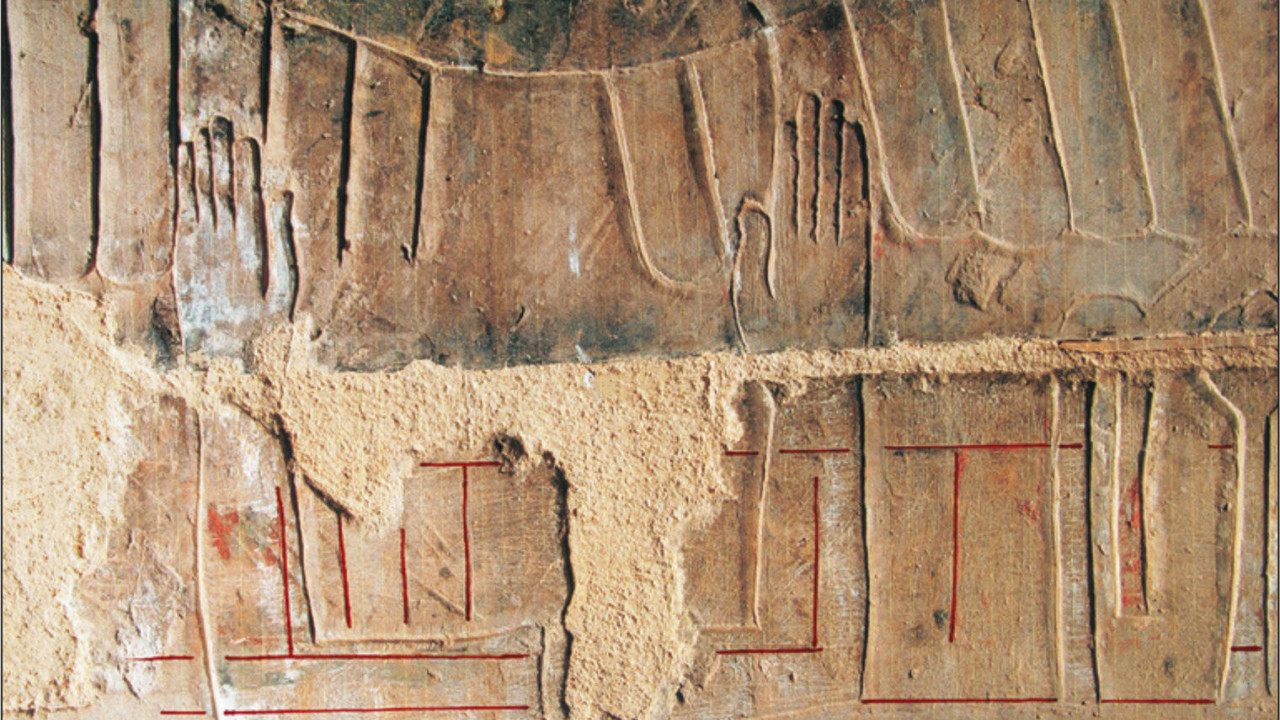
The Polish Center of Mediterranean Archaeology dedicated four seasons between 2011 and 2015 in Deir el-Bahari to the documentation of the wall decoration in the Main Sanctuary of Amun-Re in the Temple of Hatshepsut.
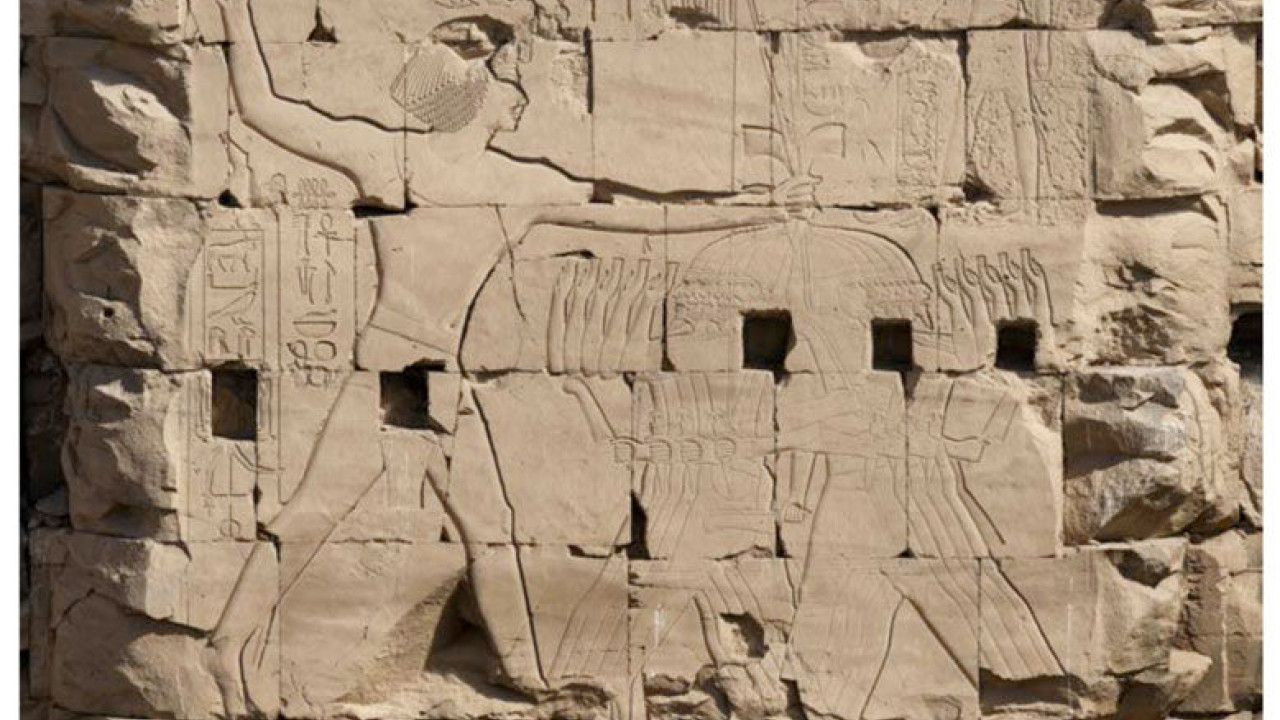
During the 2015 season the French-Egyptian Centre for the Study of the Temples of Karnak continued their epigraphic programs at the 8th Pylon, the Philip Arrhidaeus’ bark-shrine, and the area of the Akh-menu.
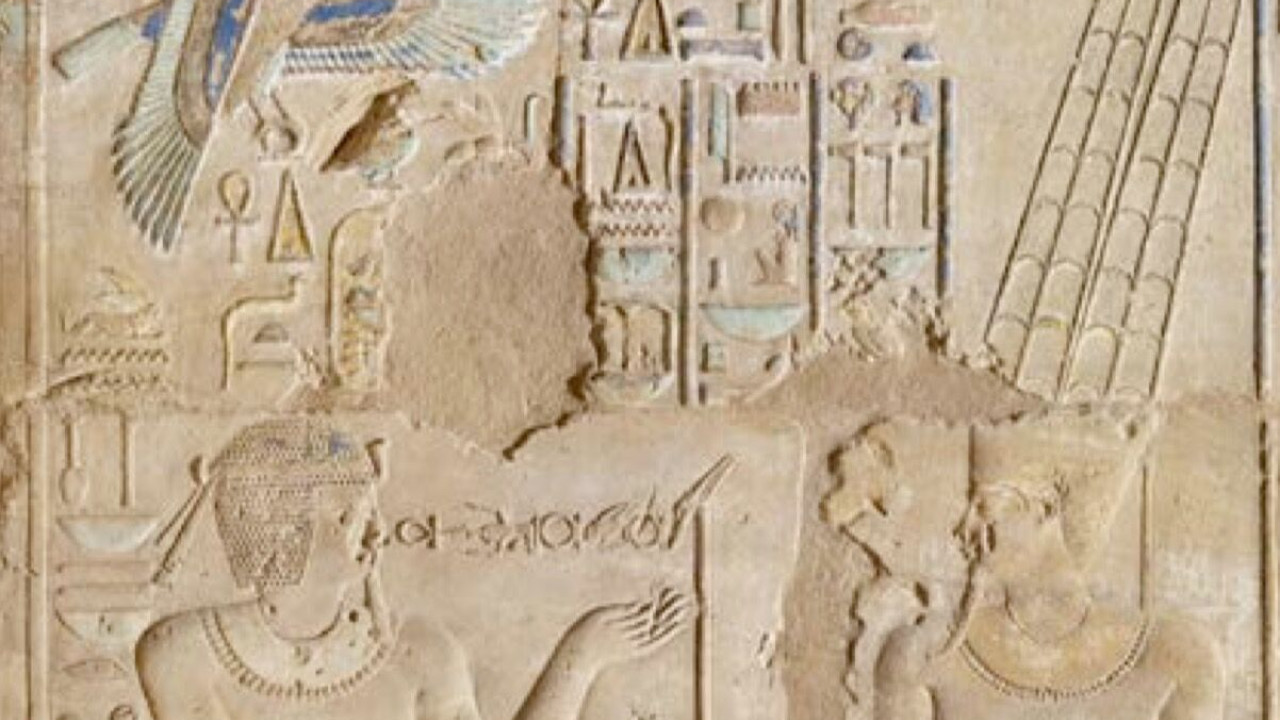
The extensive work of the French-Egyptian Center for the Study of the Temples of Karnak was devoted to several programs during the 2013-2014 season, including the epigraphic survey of the northern area of the Akh-menu of Tuthmosis III etc.
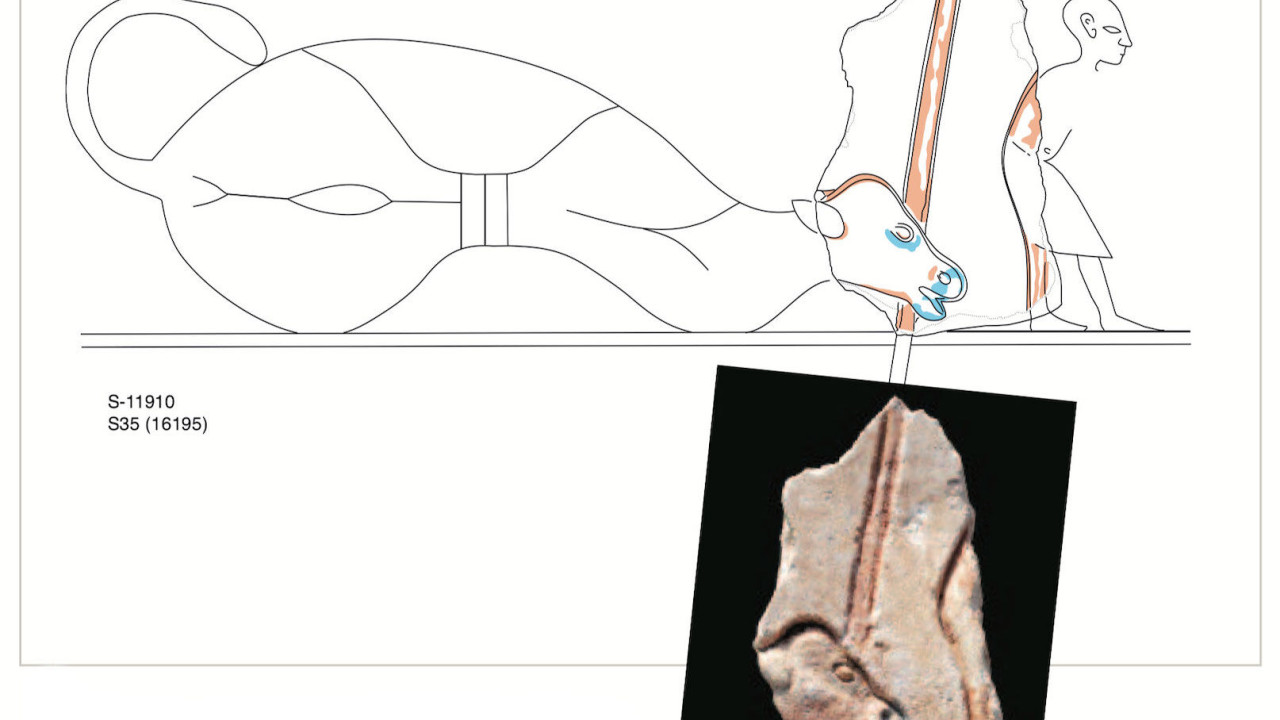
In 2012 the Amarna Project began its excavations at the Great Aten Temple in order to re-study the temple remains, and to clean the site and mark the main building outlines in fresh stonework.
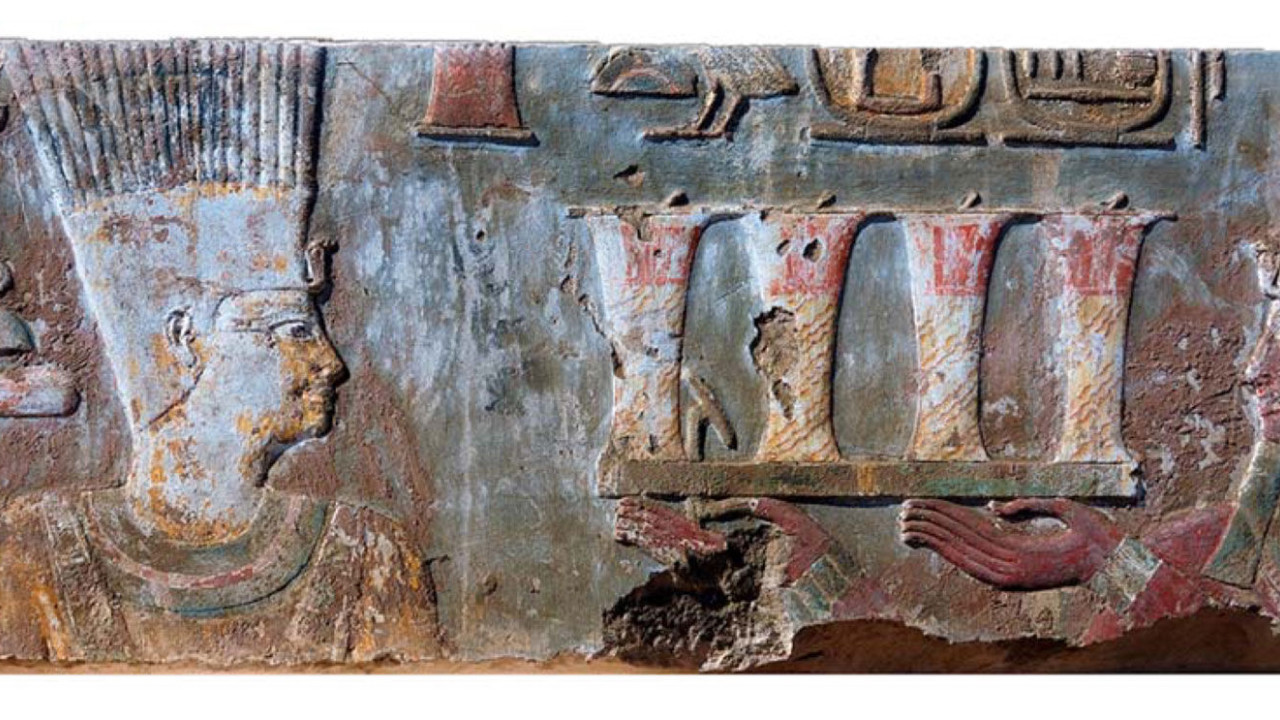
The investigation of the ancient town and temples of Elephantine has been carried out by the German Archaeological Institute Cairo (DAI) in cooperation with the Swiss Institute for Egyptian Building Archaeology (Swiss Institute) since 1969.
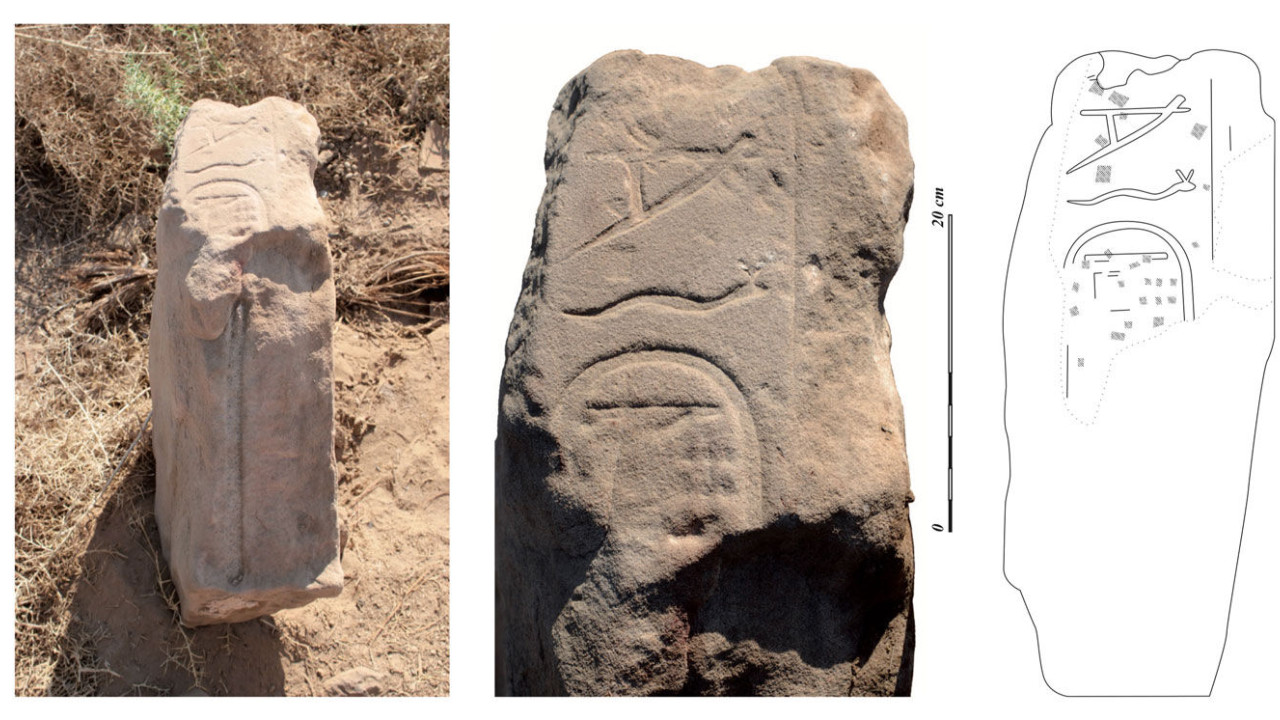
The vast program of excavation, documentation and epigraphic study of the Osirian chapels and necropolis of Karnak was initiated in 1993 by the Centre Franco-Égyptien d’Étude des Temples de Karnak (CFEETK) and then extended by a collaboration...
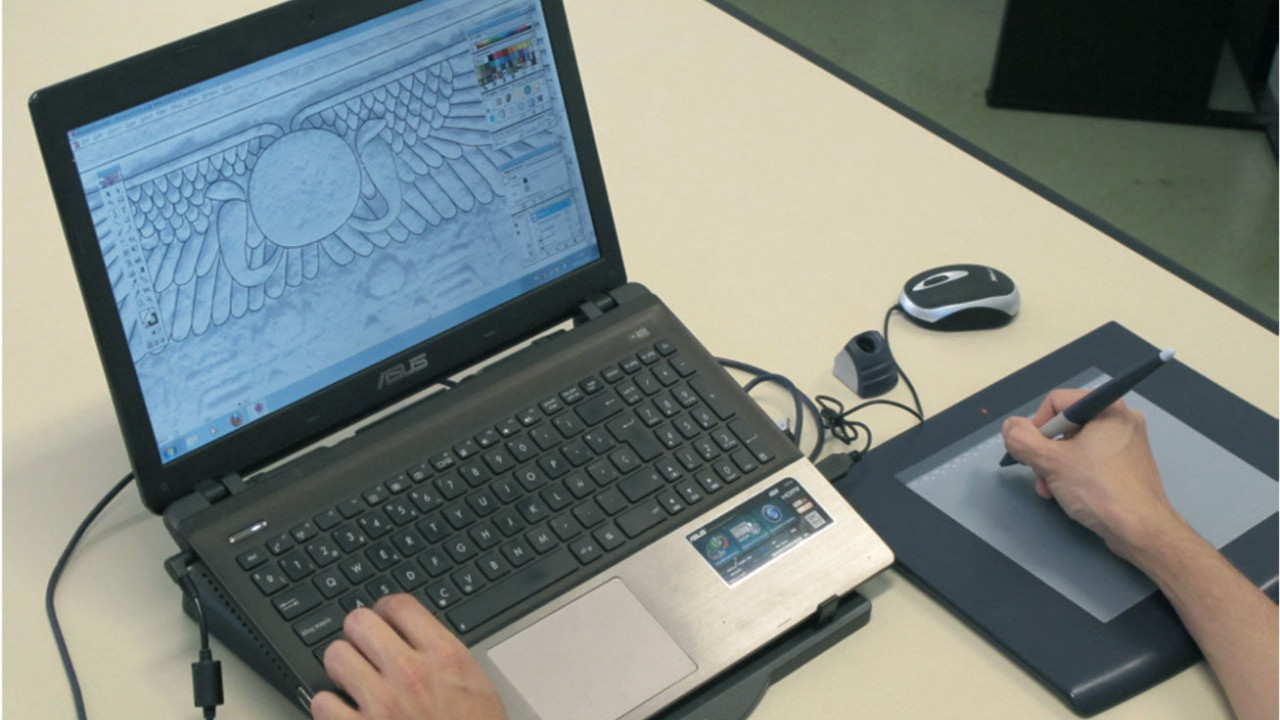
A Spanish team of the University of La Laguna, Tenerife is currently recording and studying the scenes and inscriptions of the Meroitic temple from Debod, Nubia, now in Madrid, under the project title “tA-Hwt, Digital Techniques applied to the...
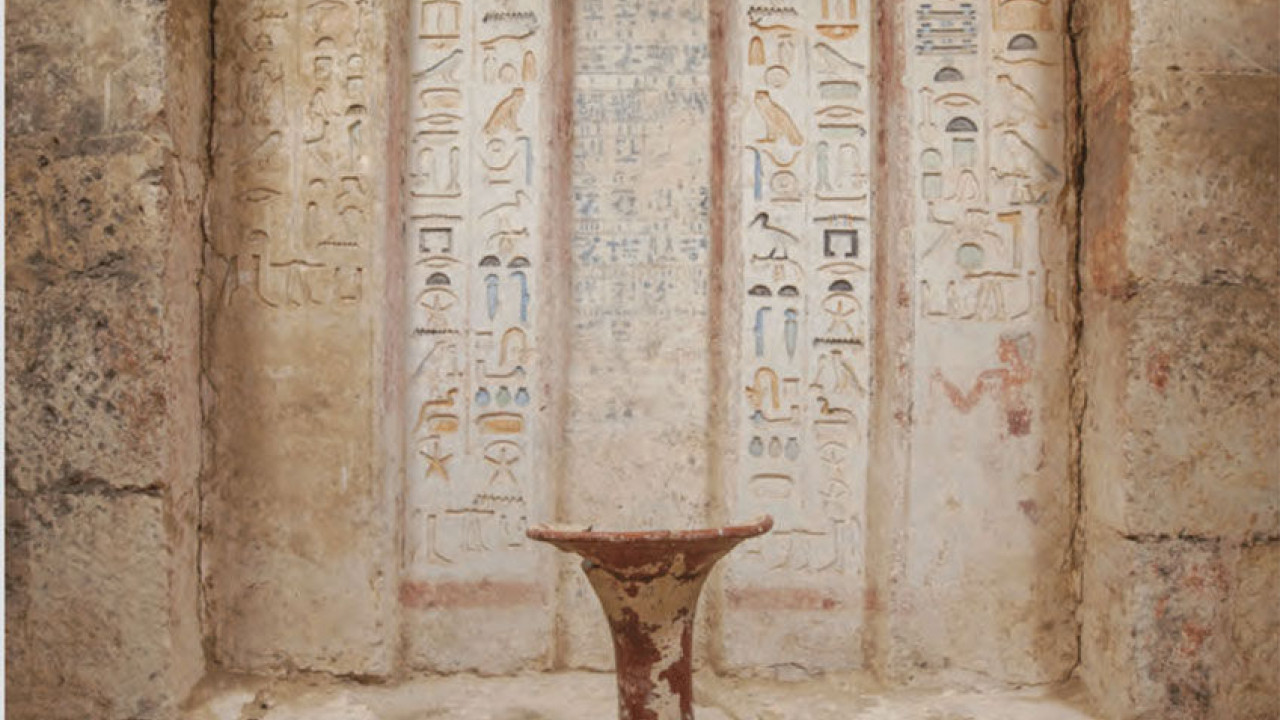
The Czech Institute of Egyptology’s excavations at Abusir South in 2014 have led to the discovery of the tomb of Kaisebi (AS76) and the adjoining structure of Ptahwer (AS 76b). Both tombs are dated to the end of the Third Dynasty.
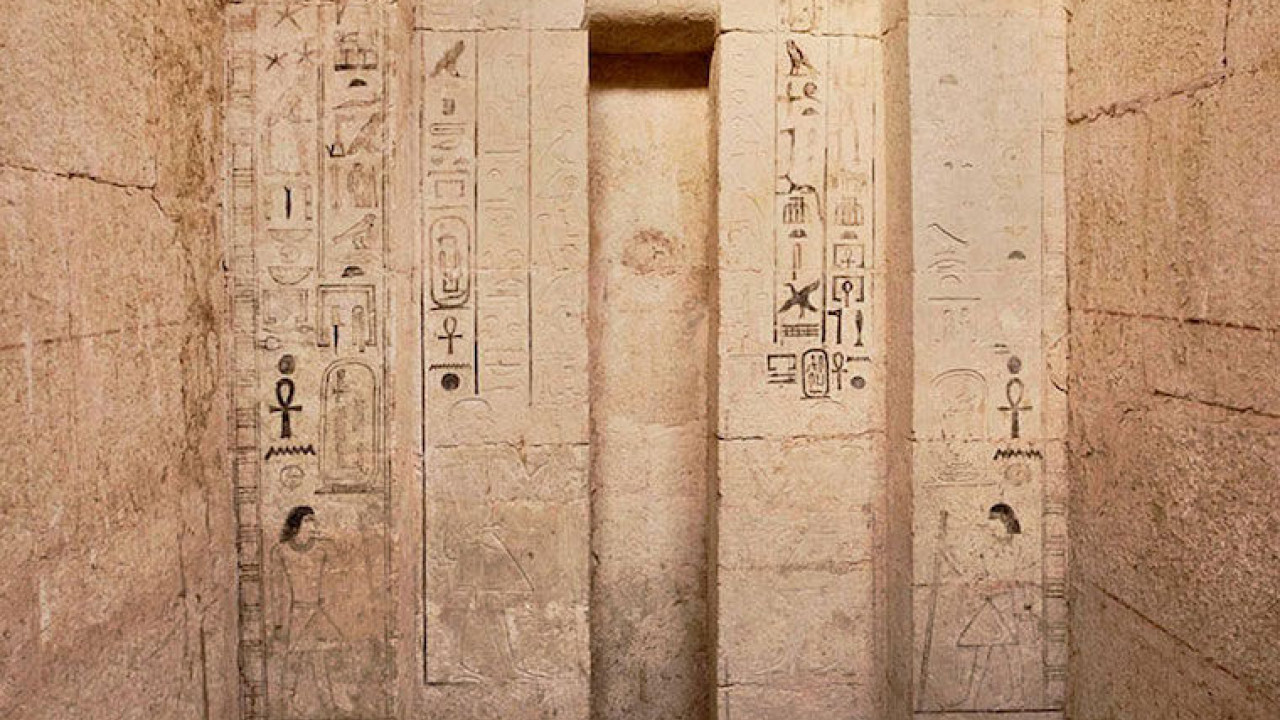
The Czech Institute of Egyptology discovered the mastaba of the chief physician Shepseskafankh during the course of their 2013 season in Abusir South. The tomb is located in the northeastern part of the cemetery of officials dated to the Fifth...